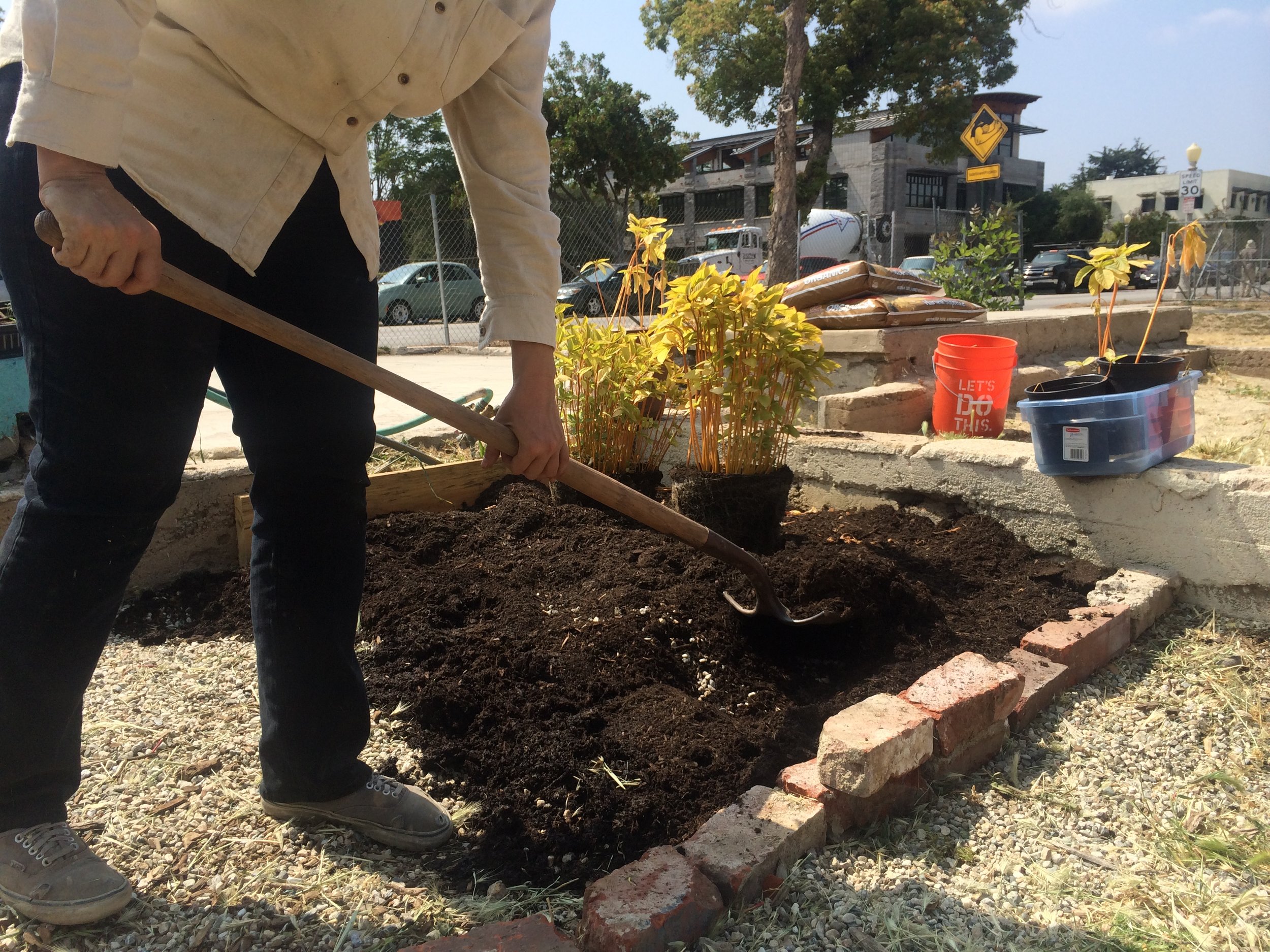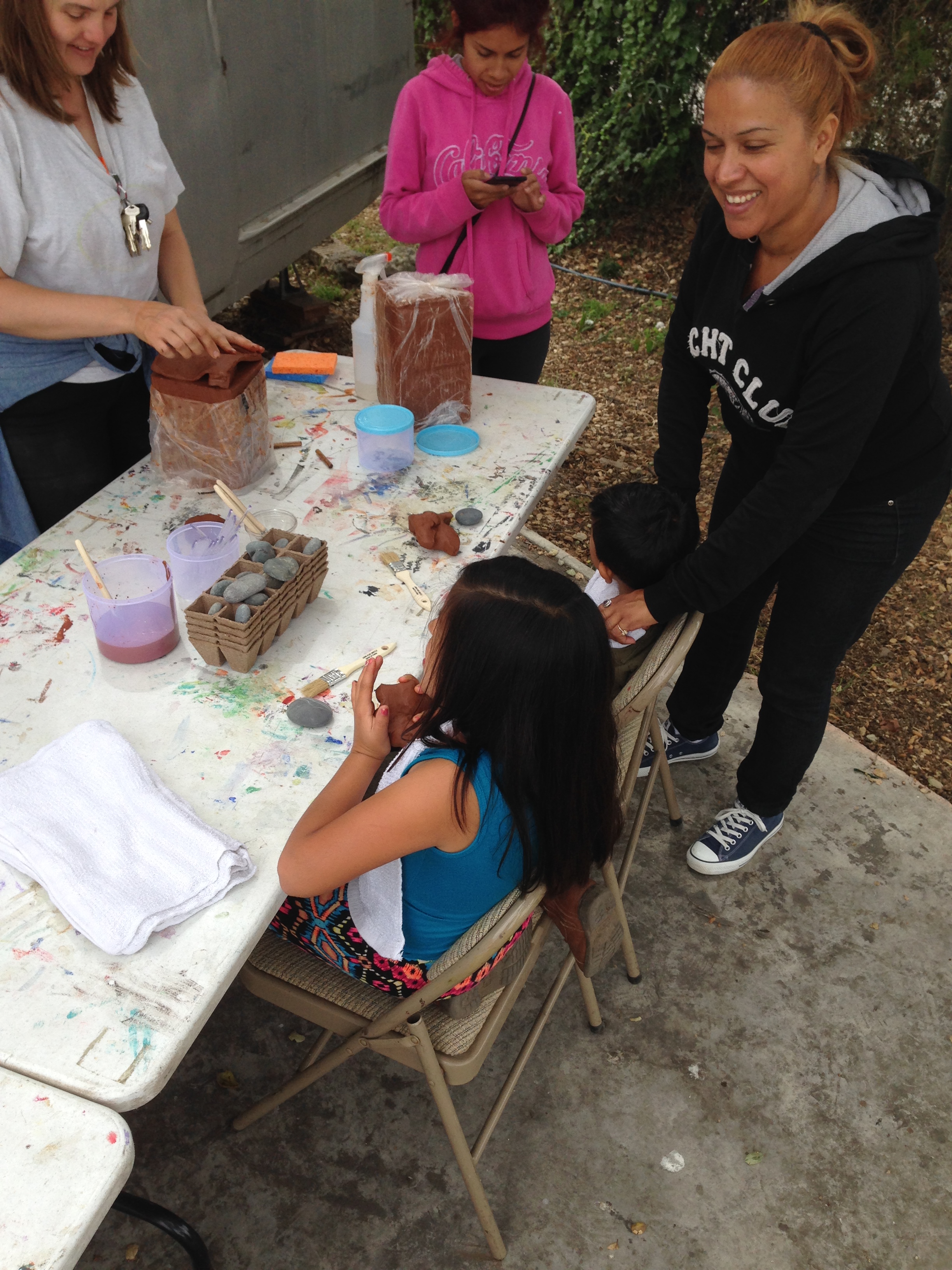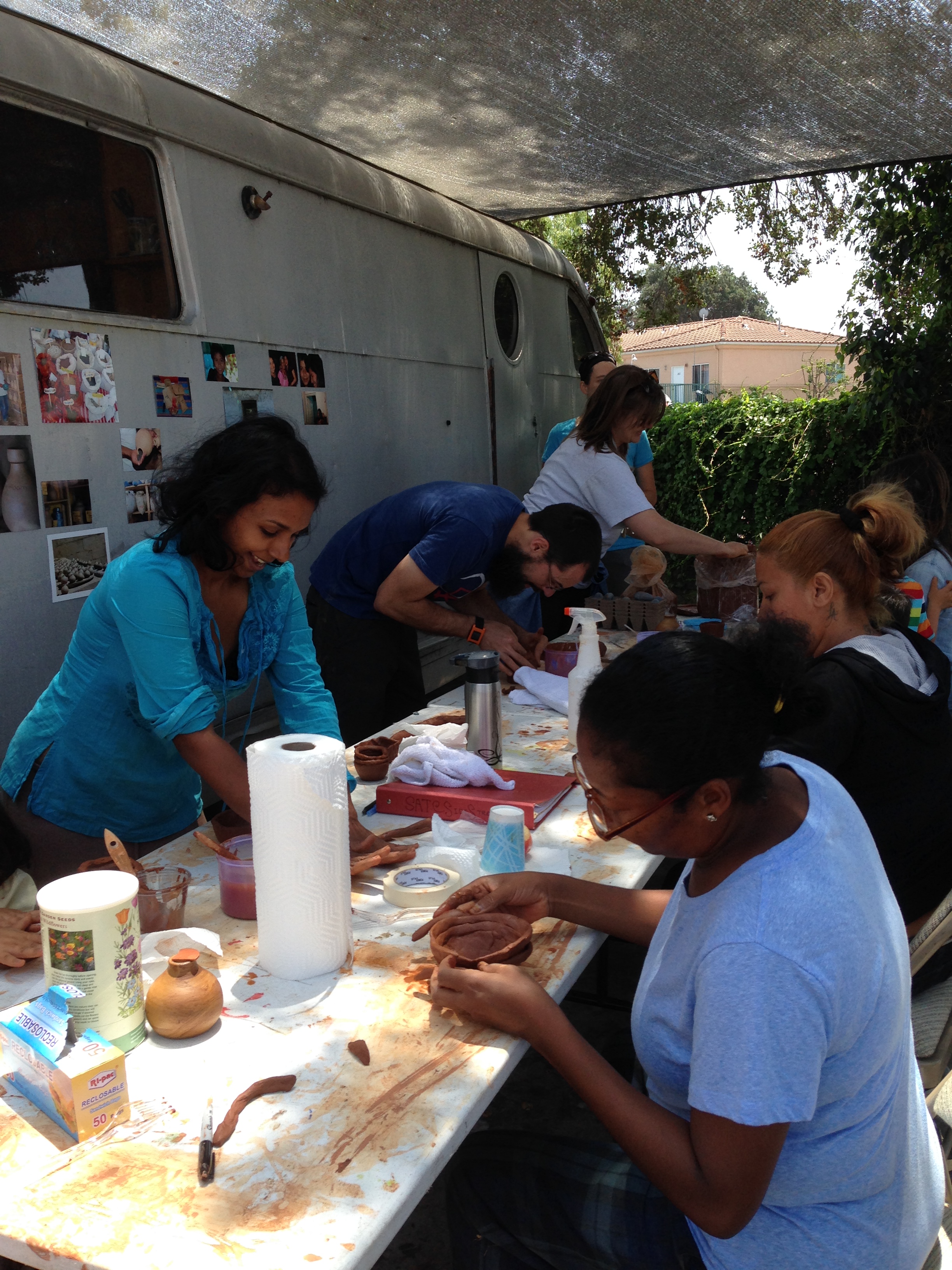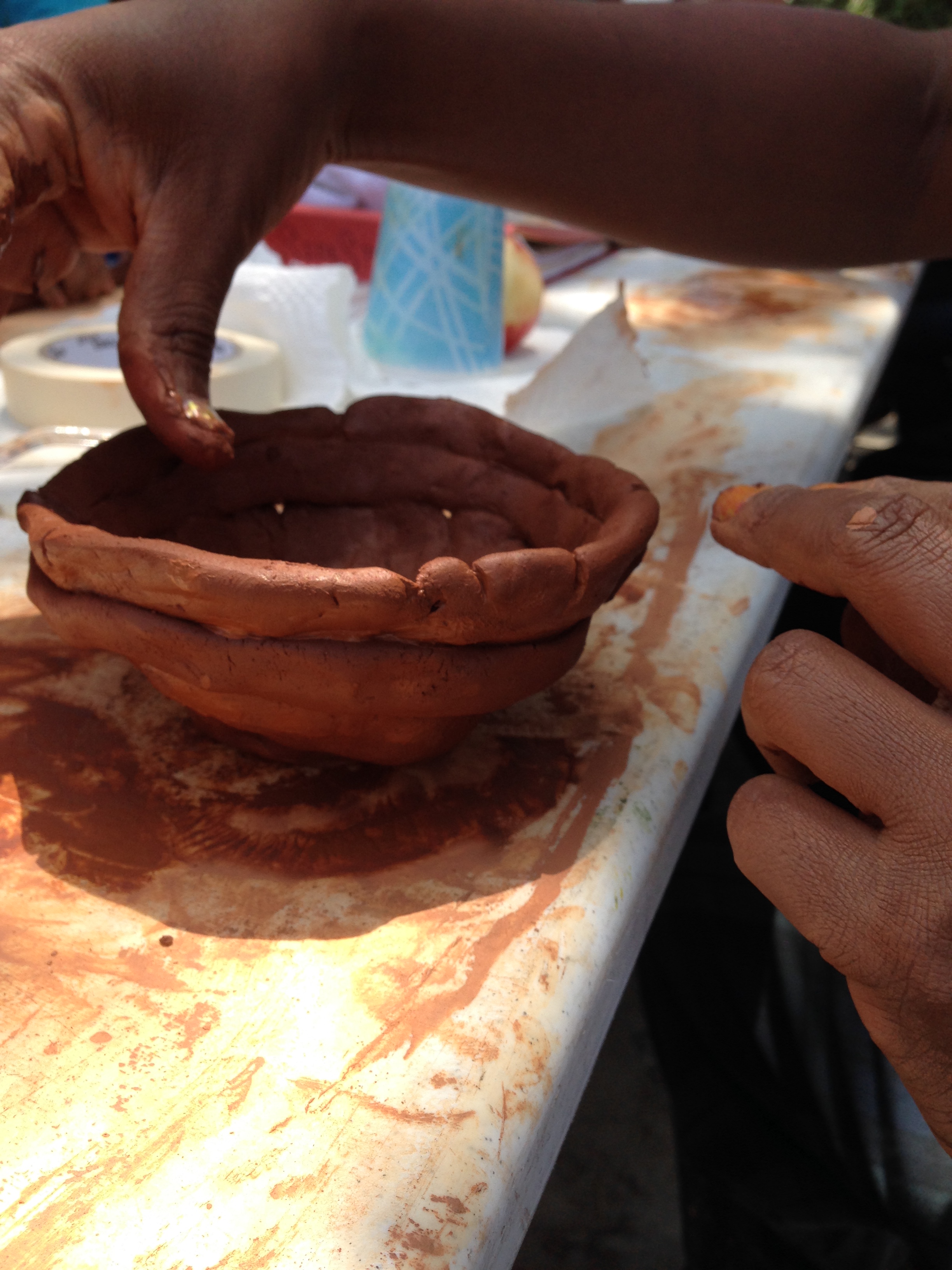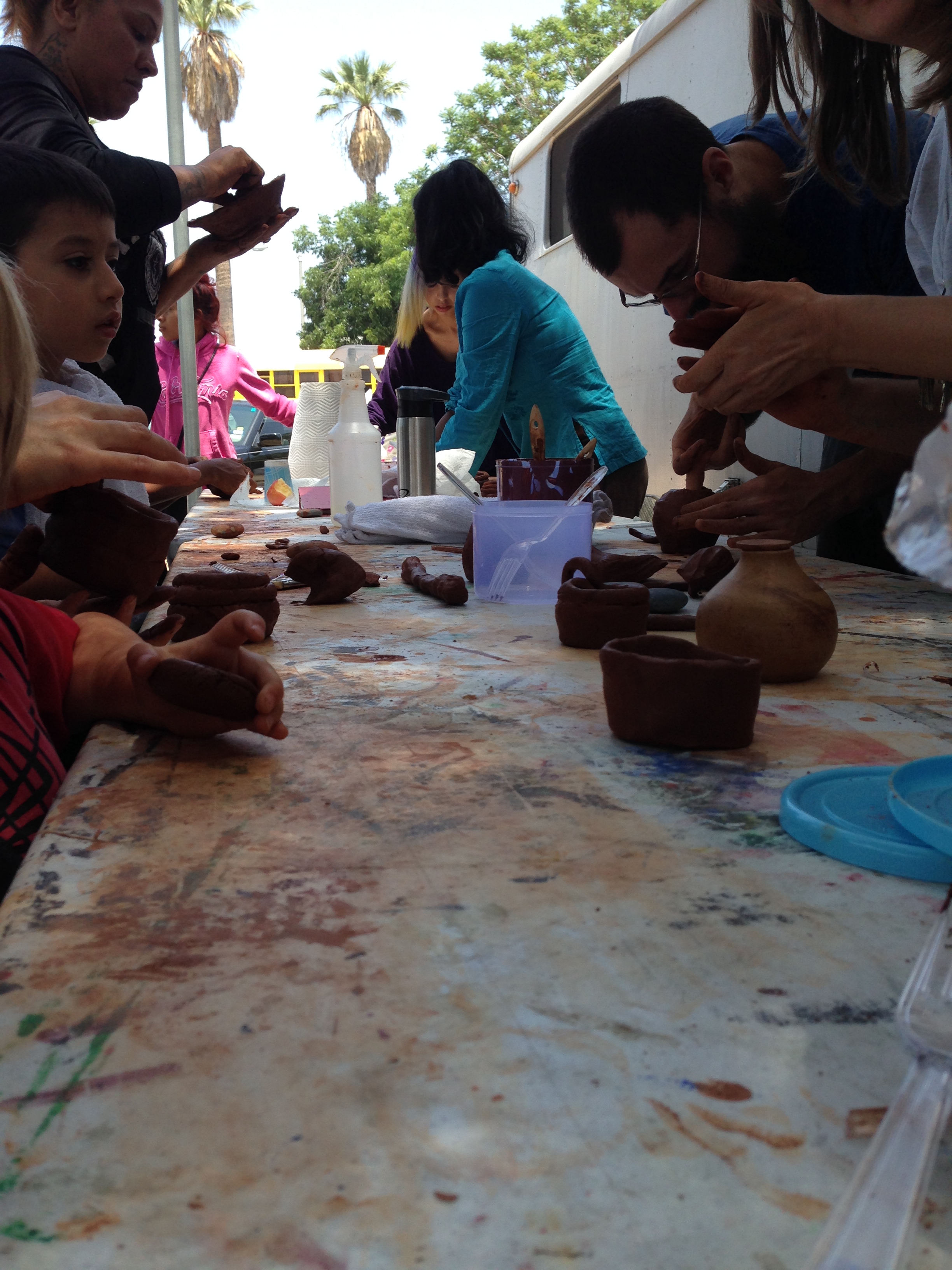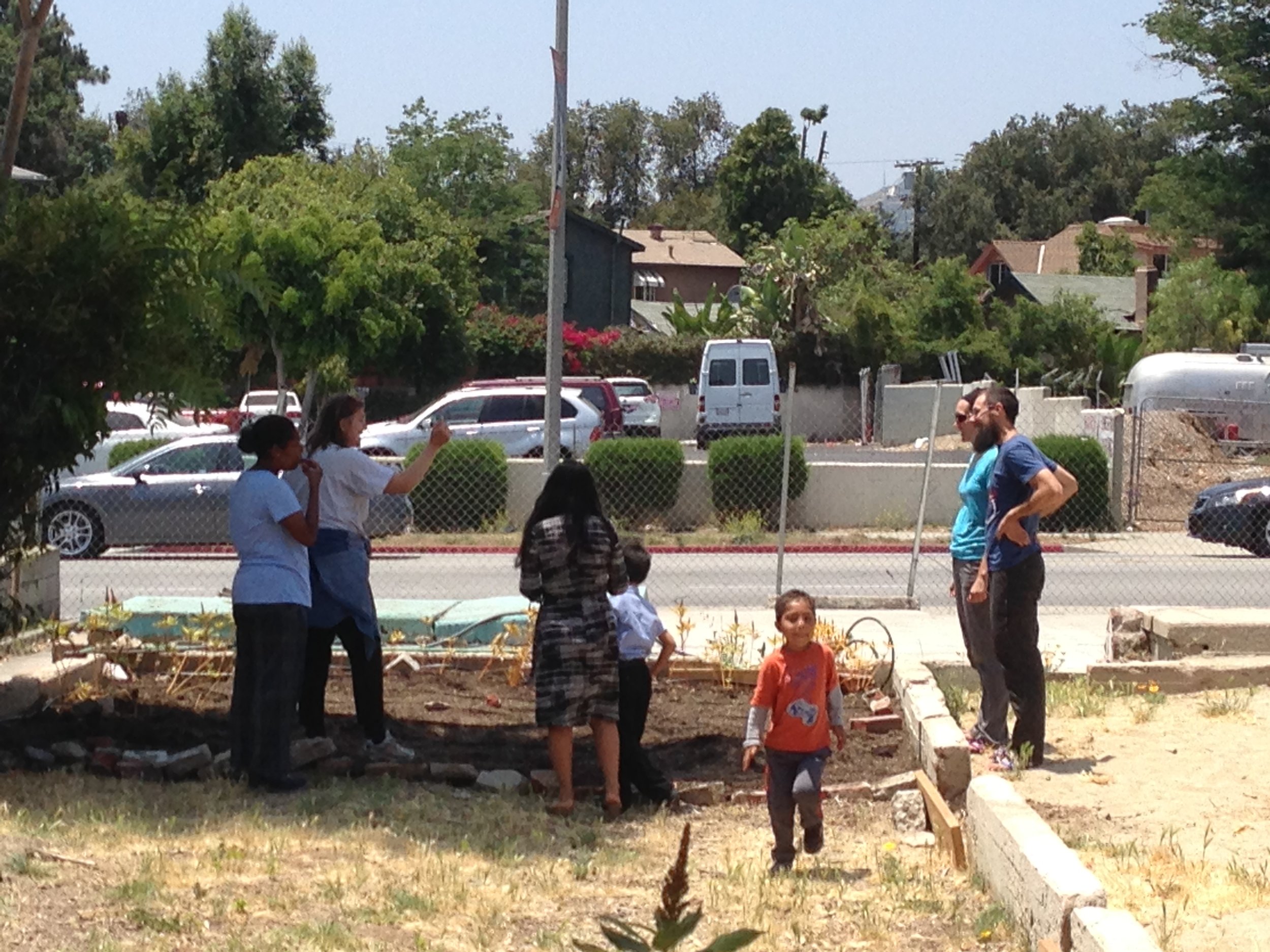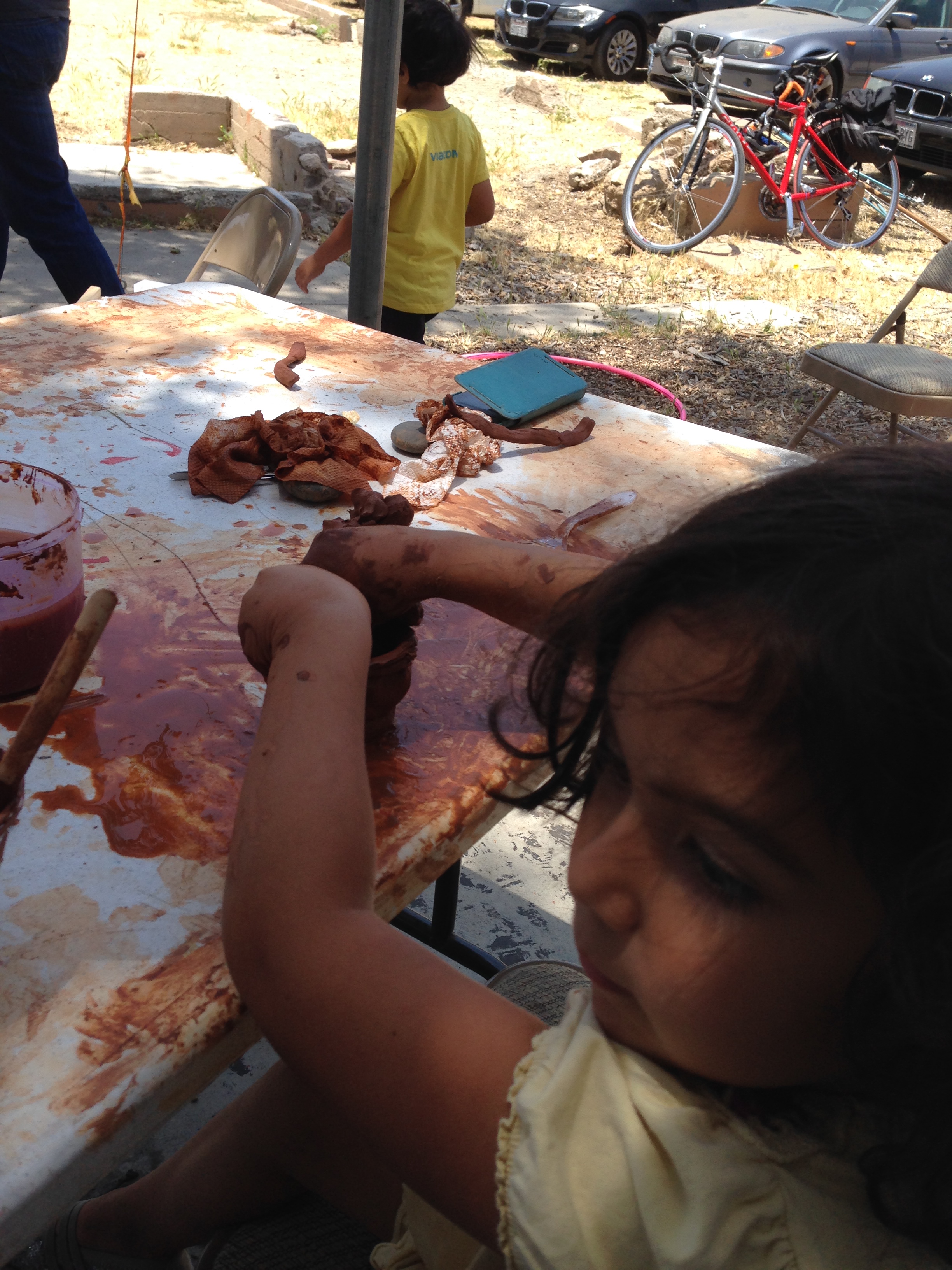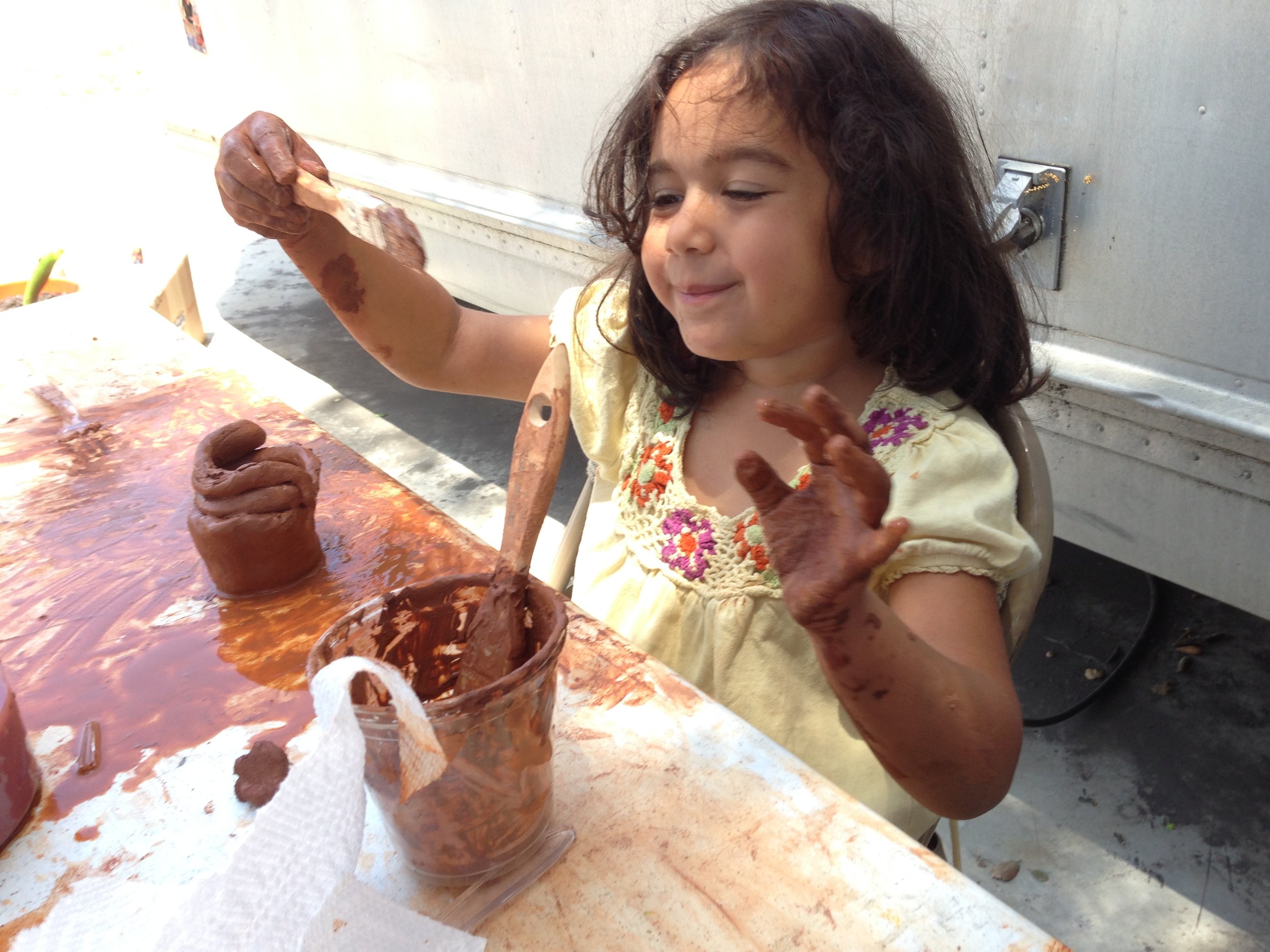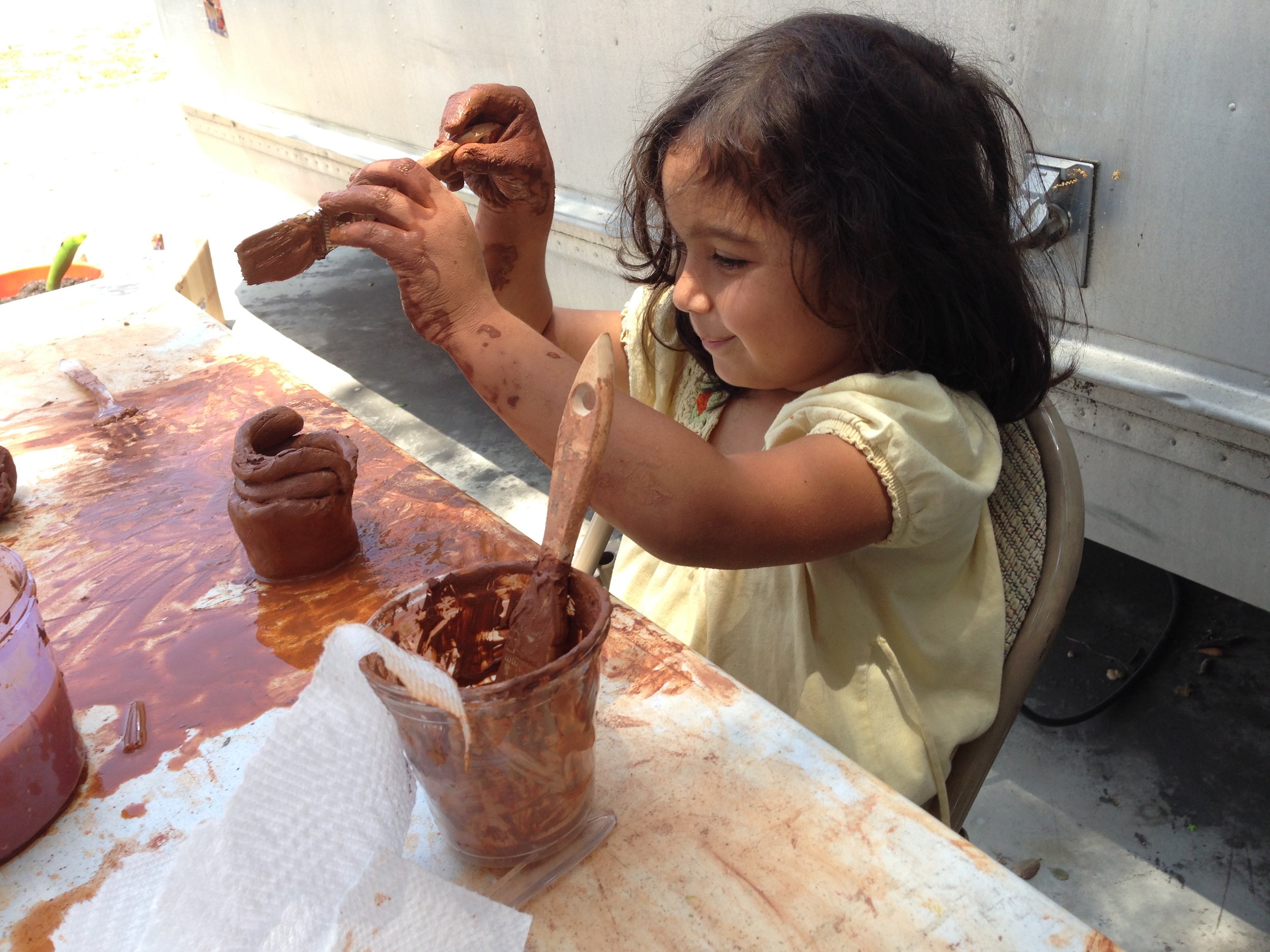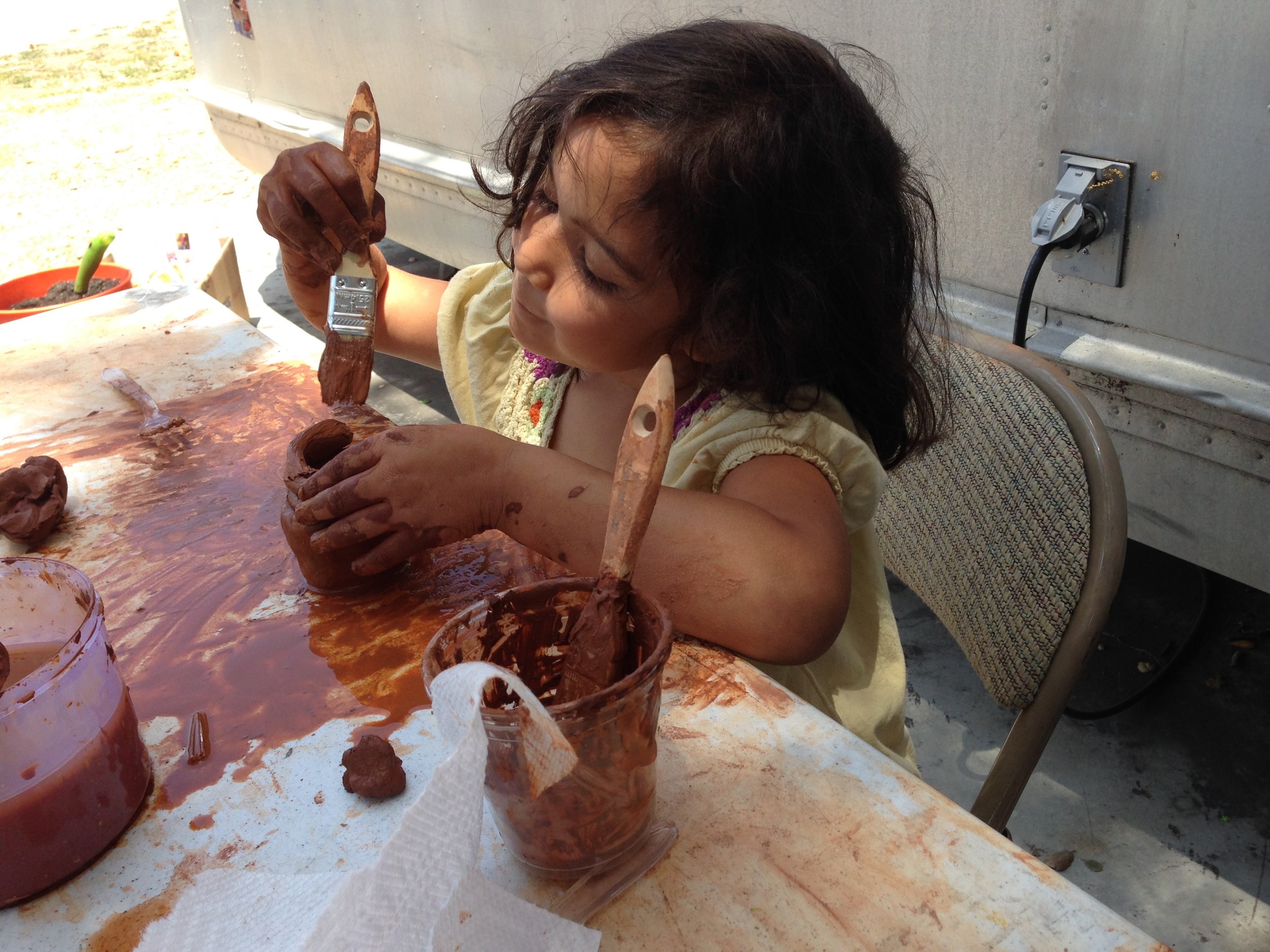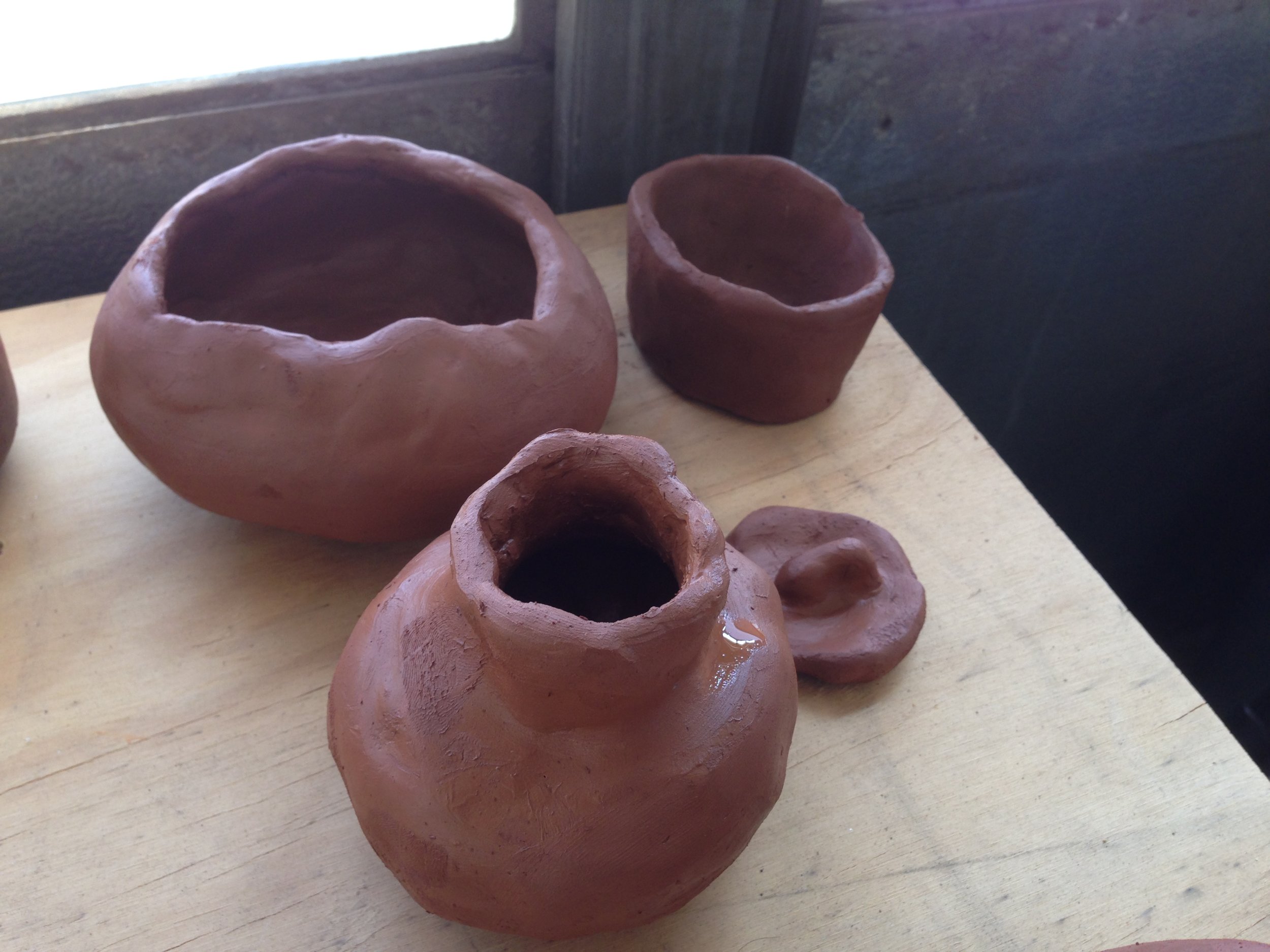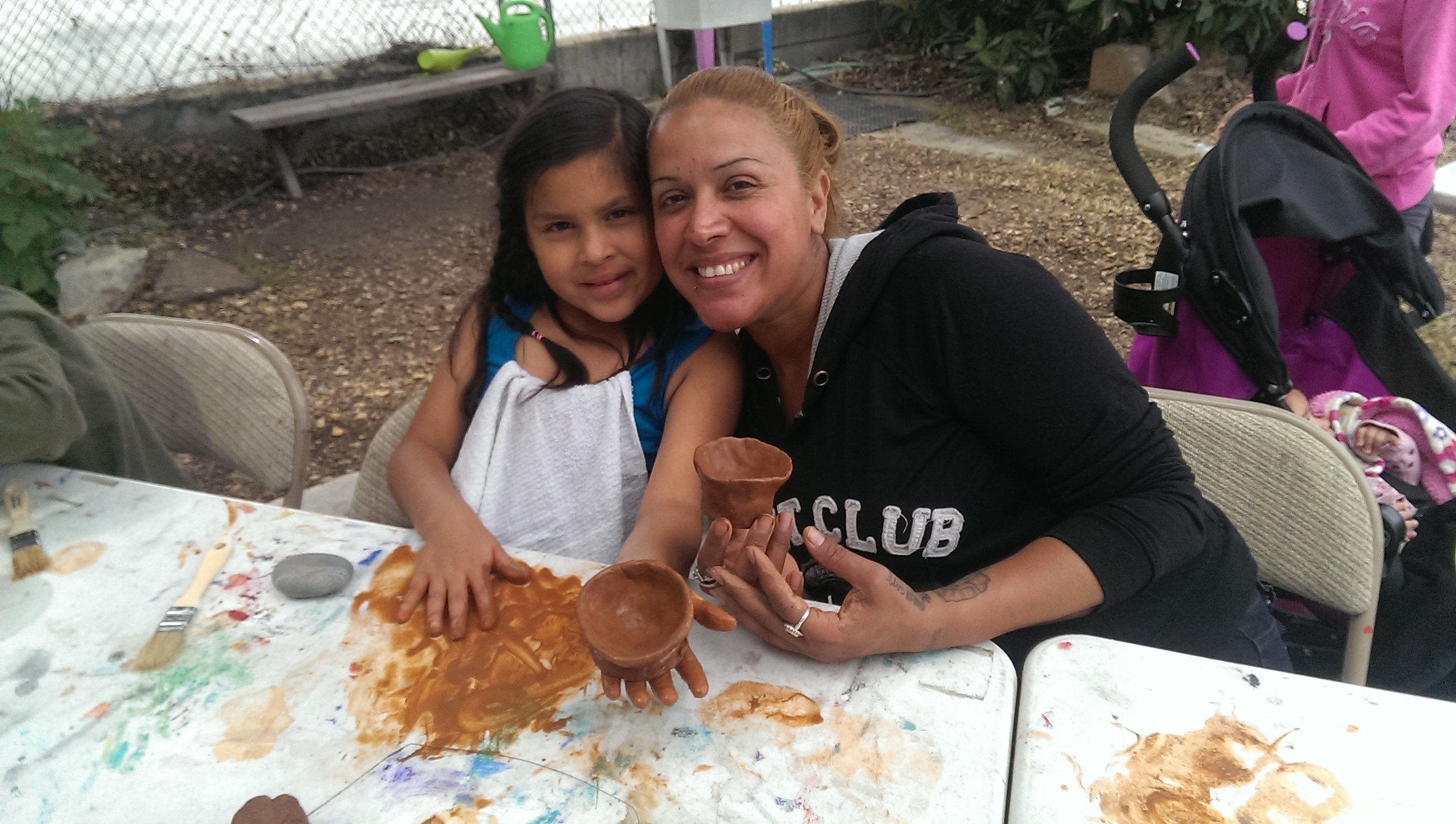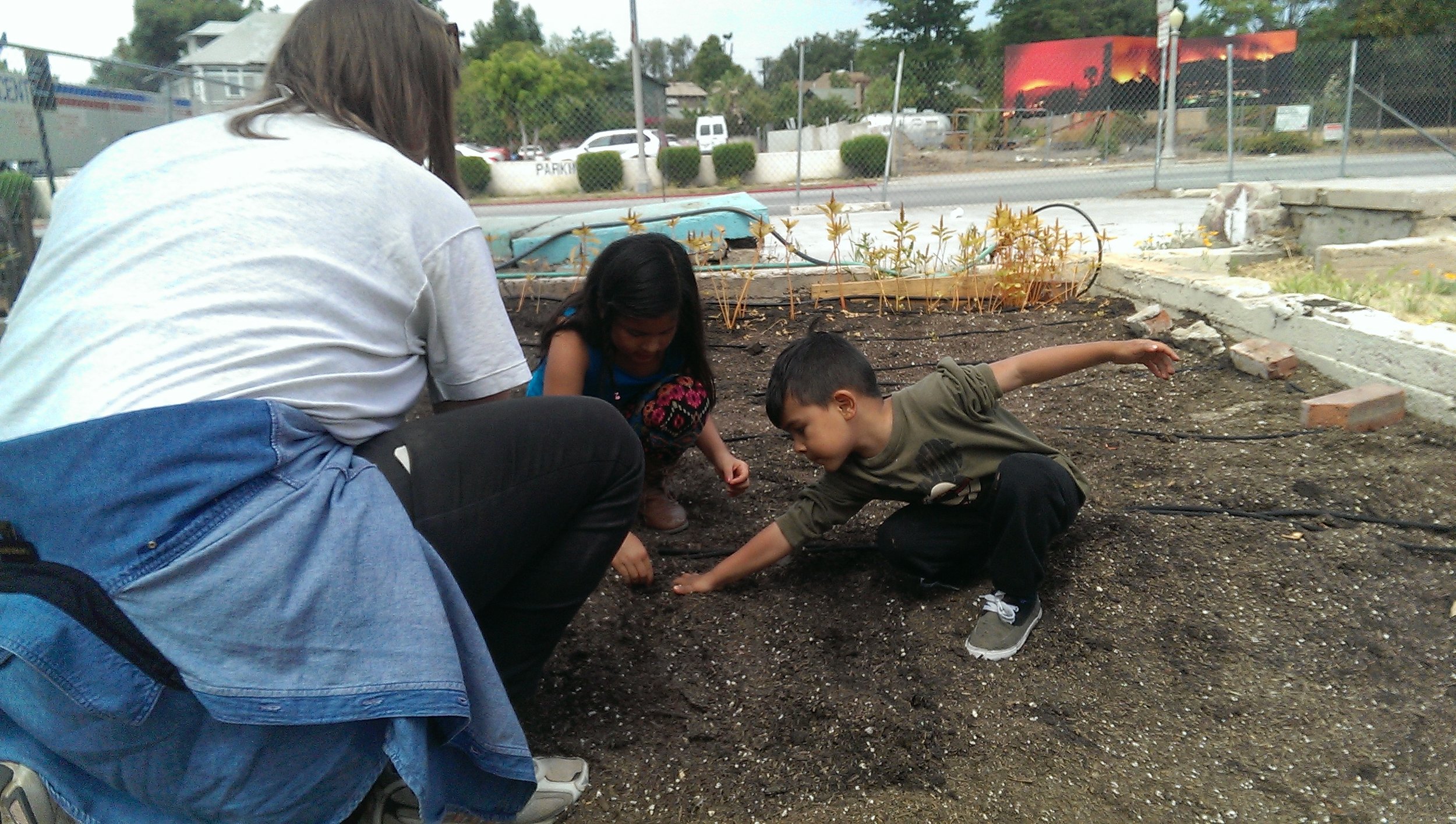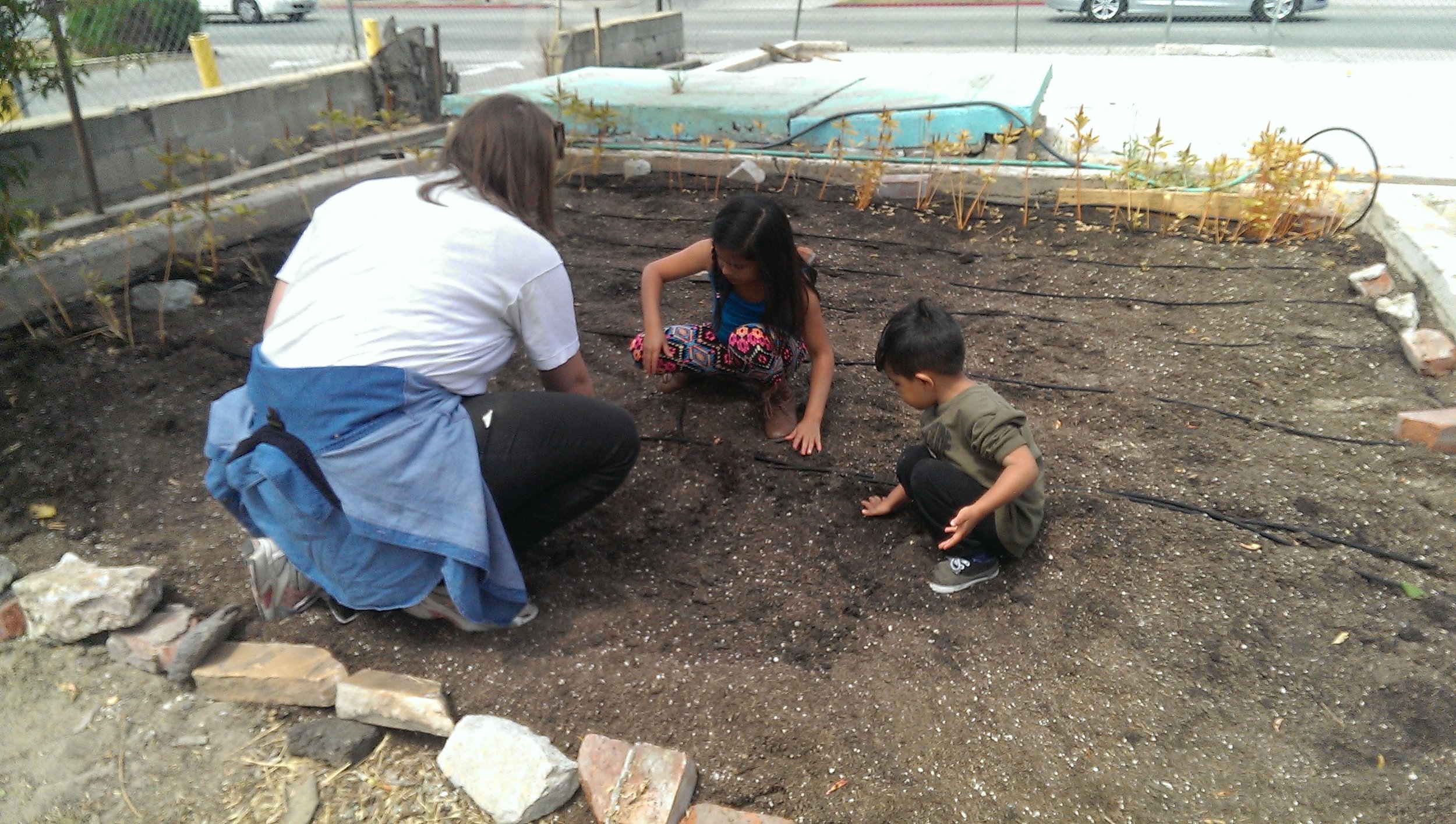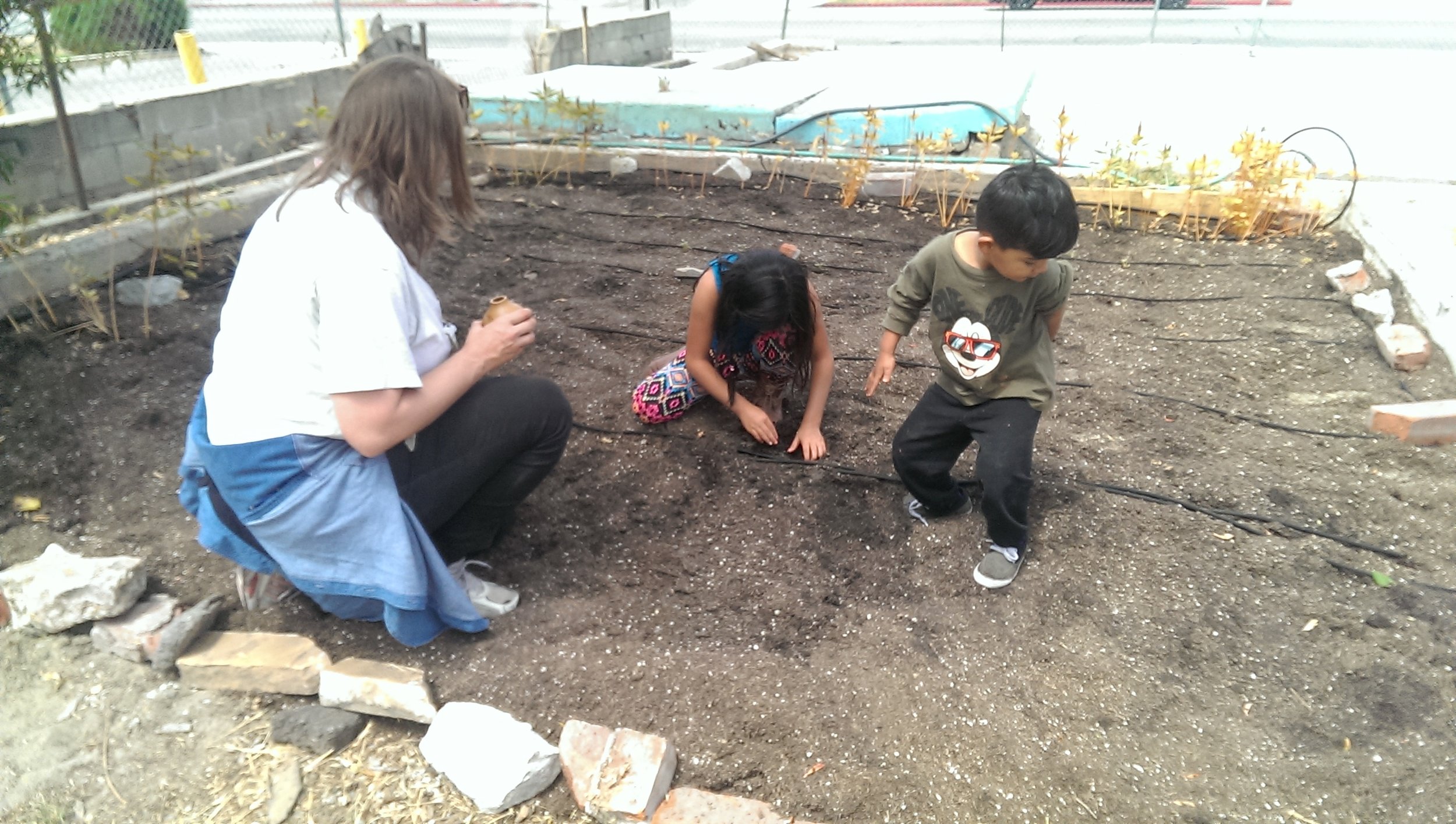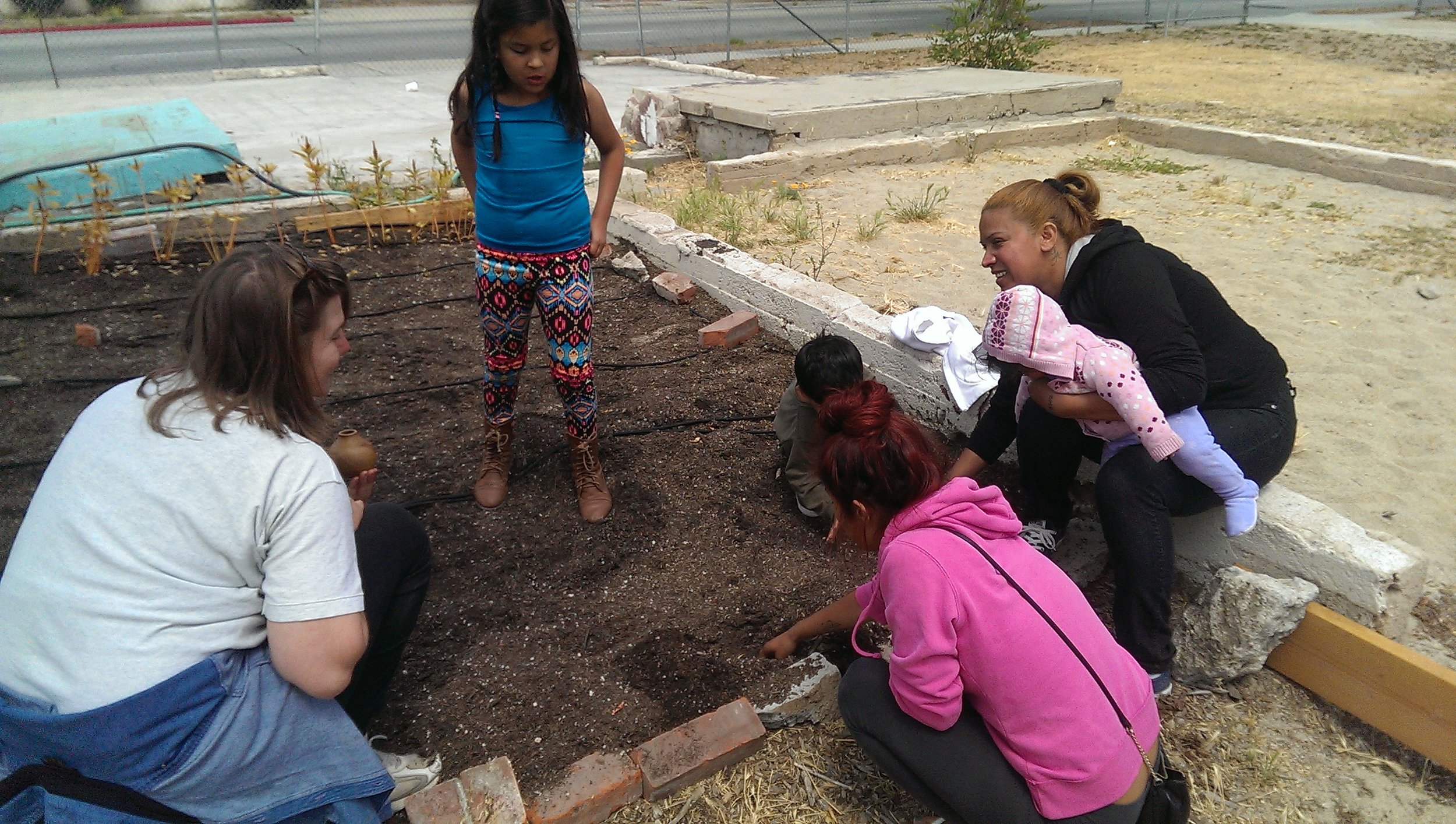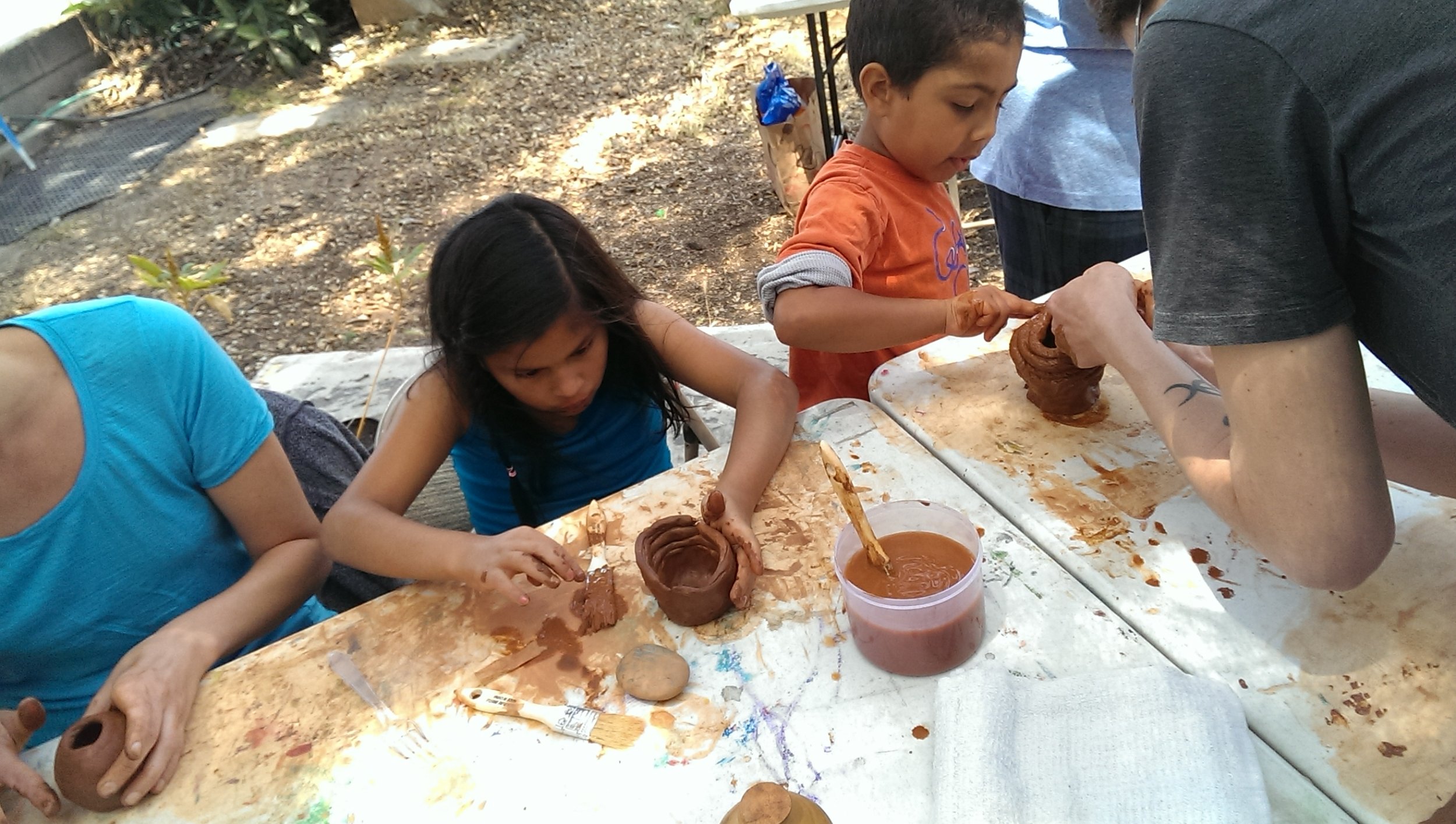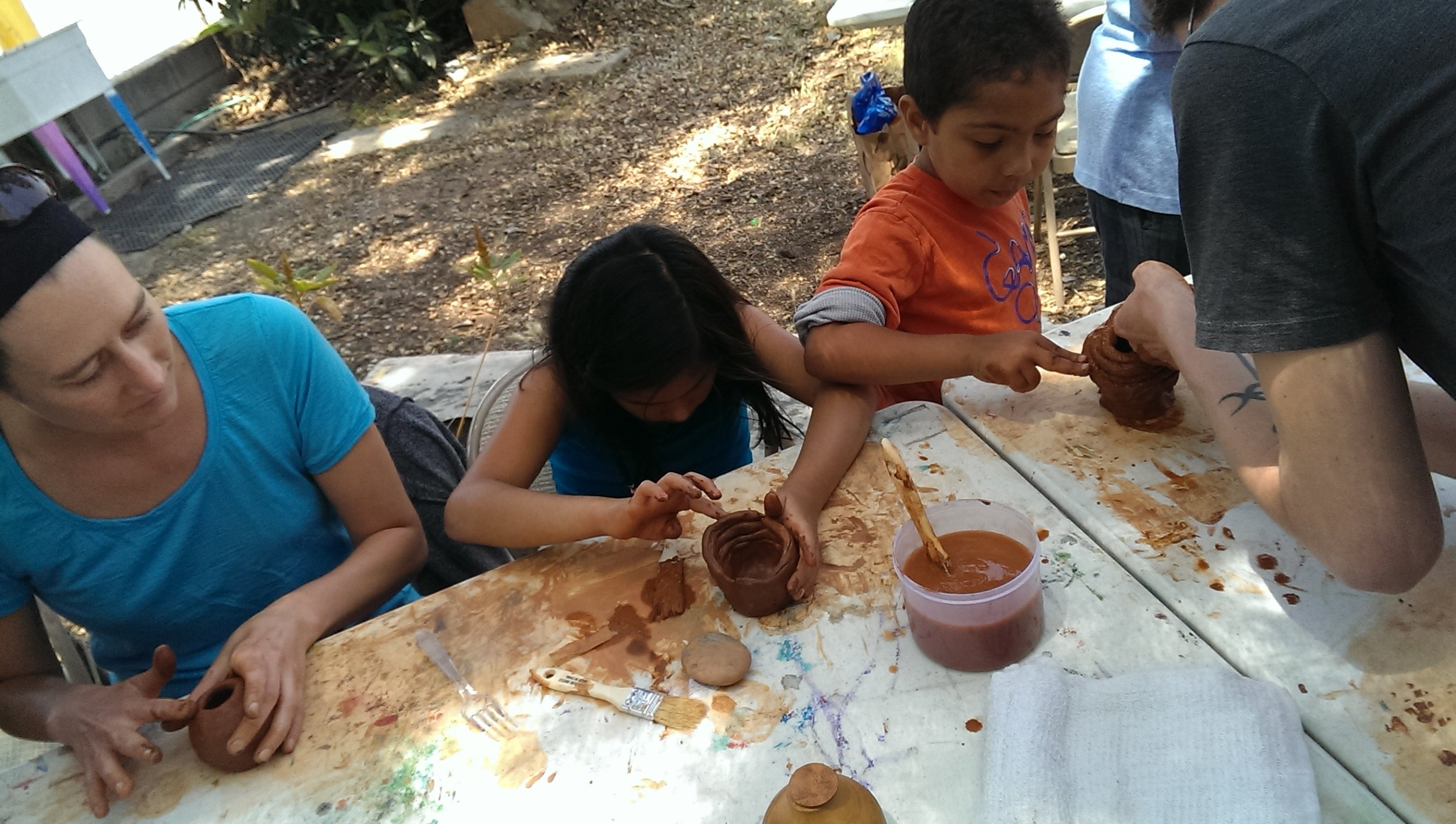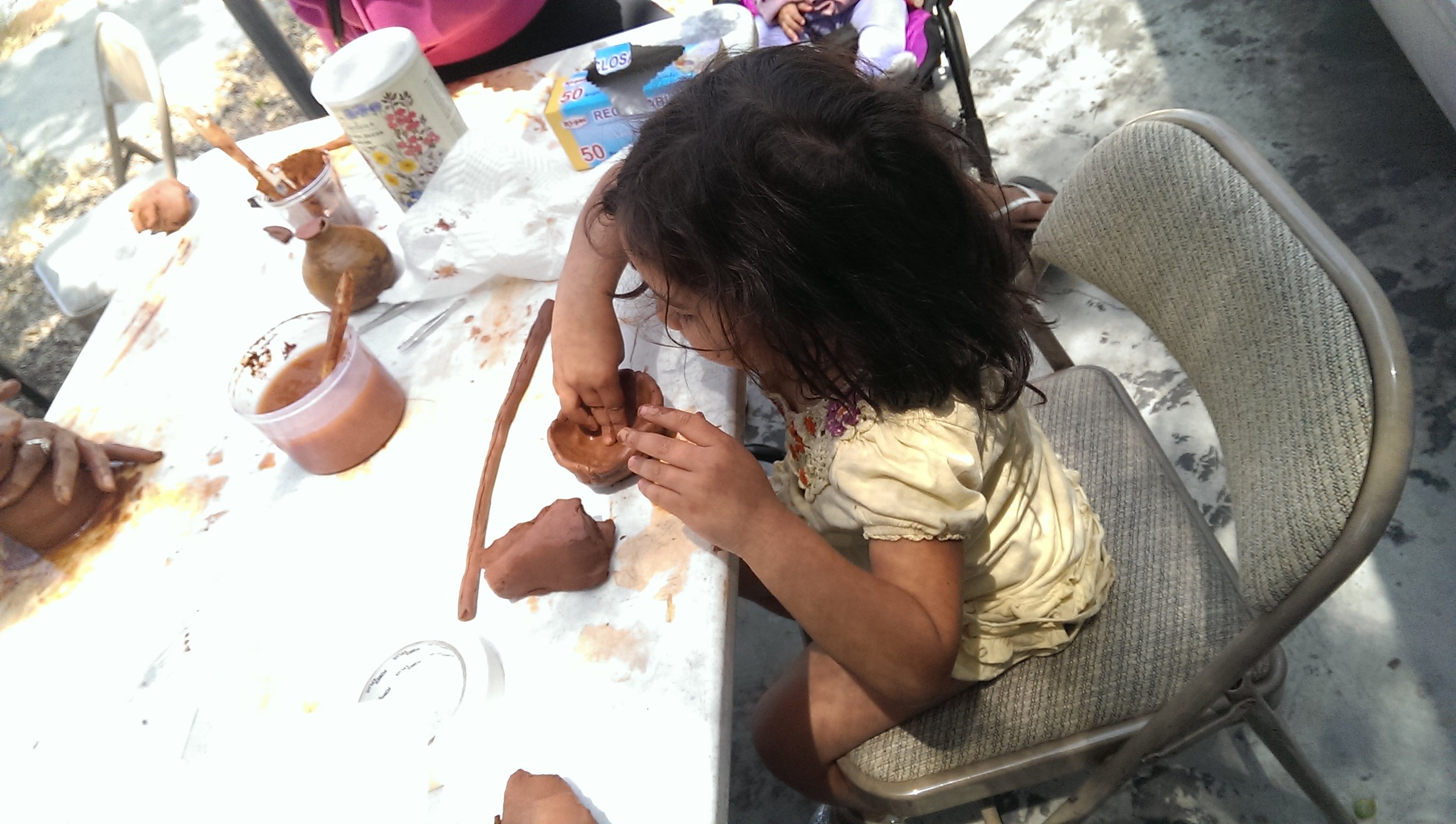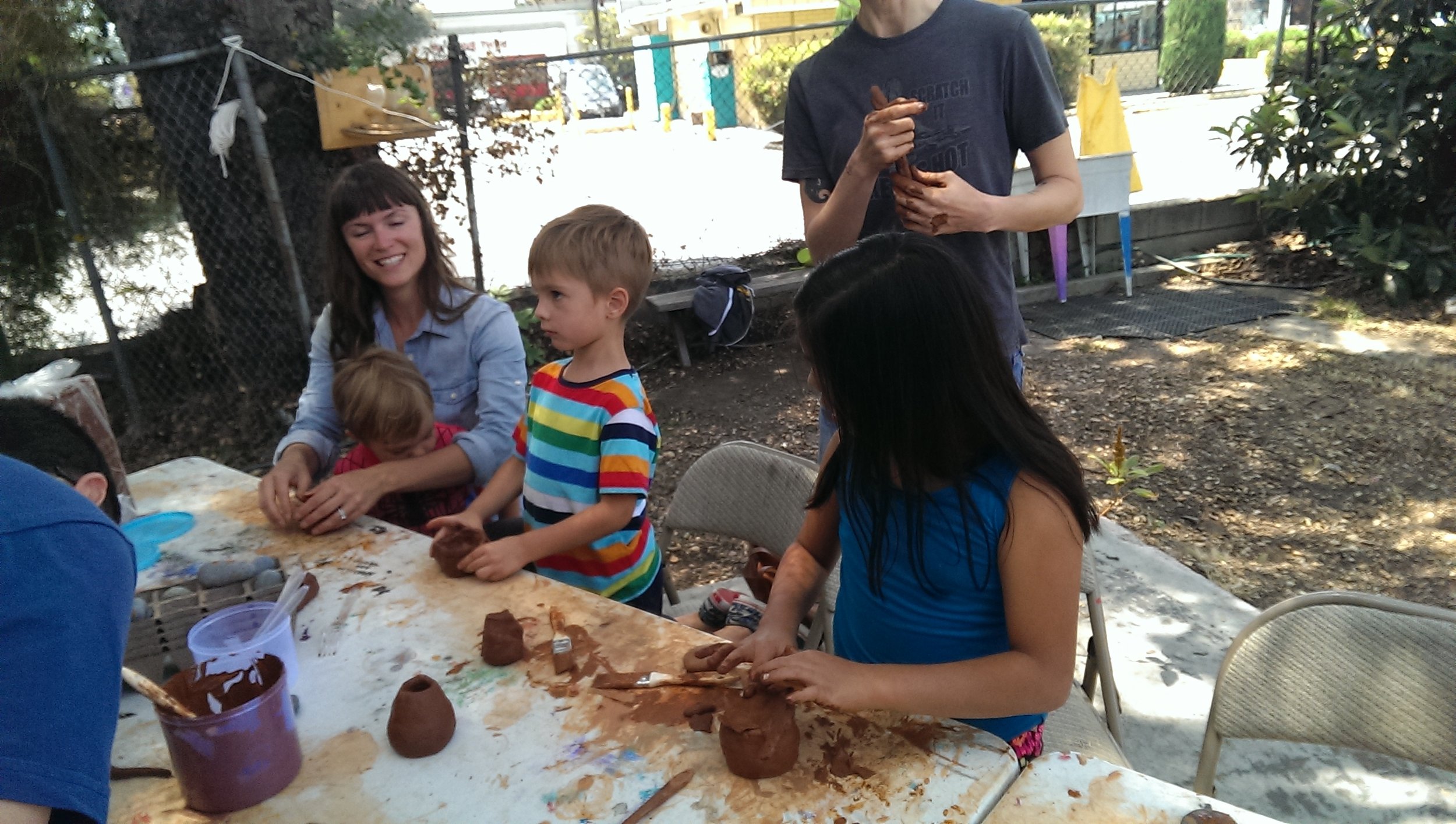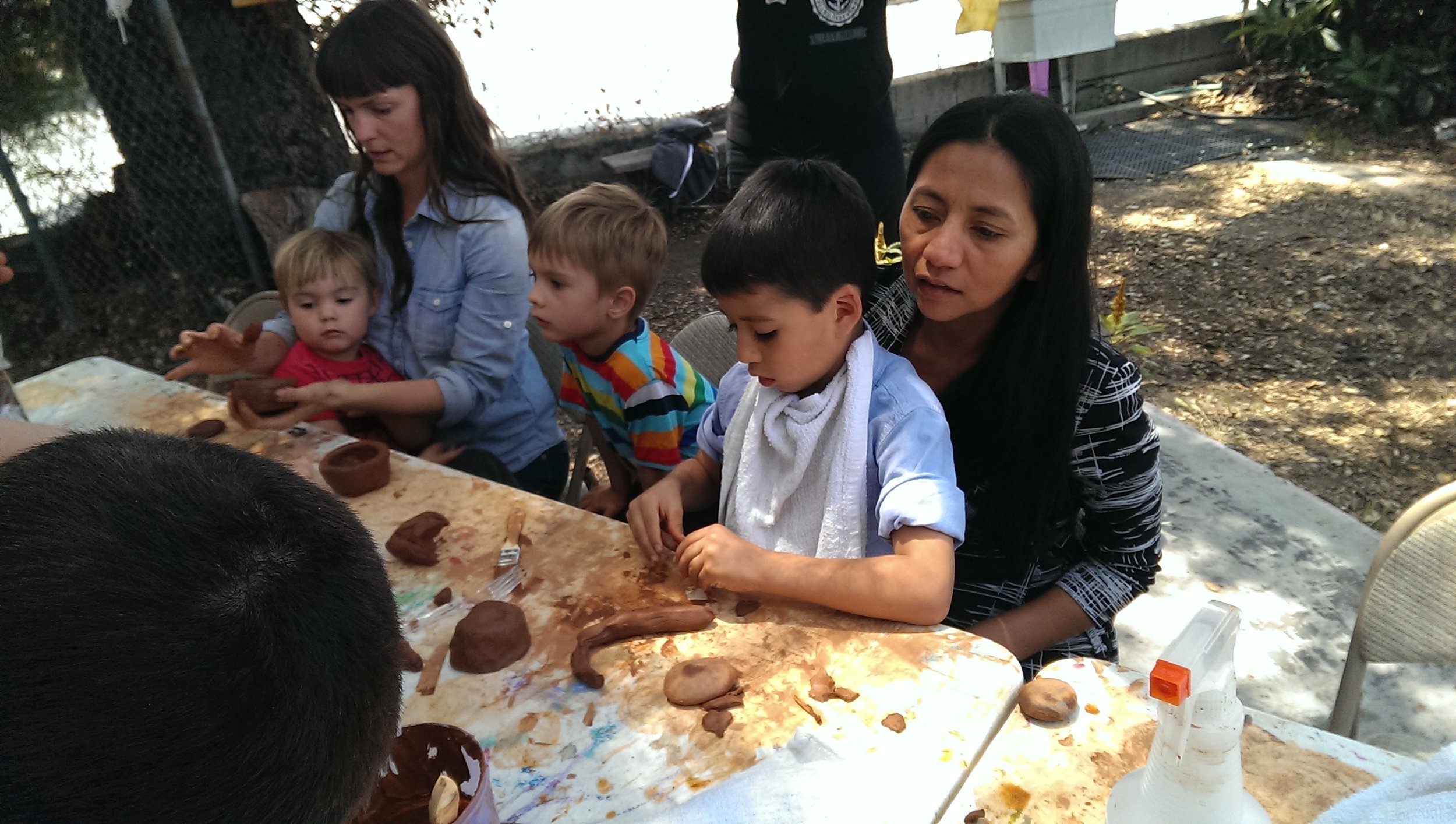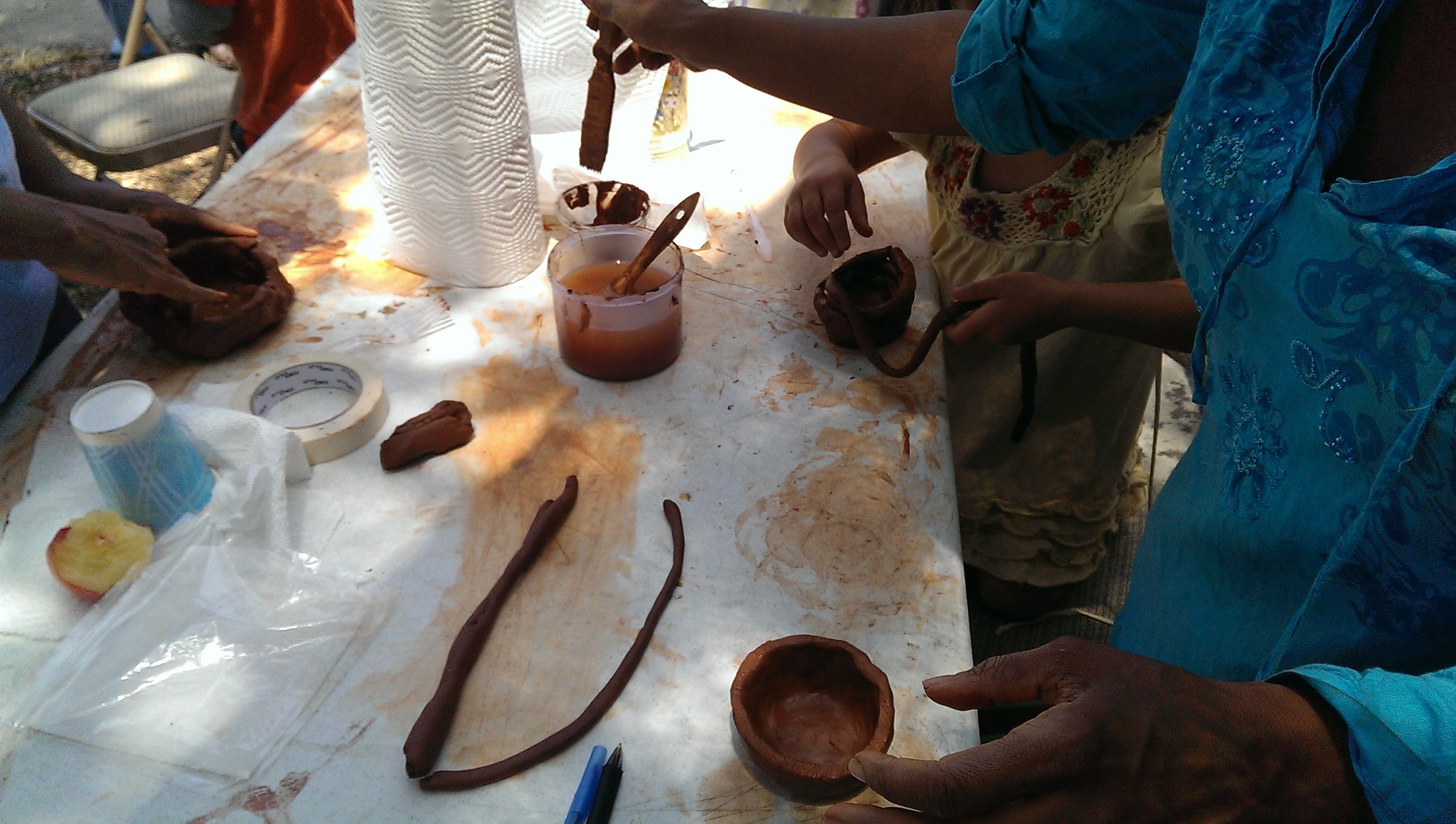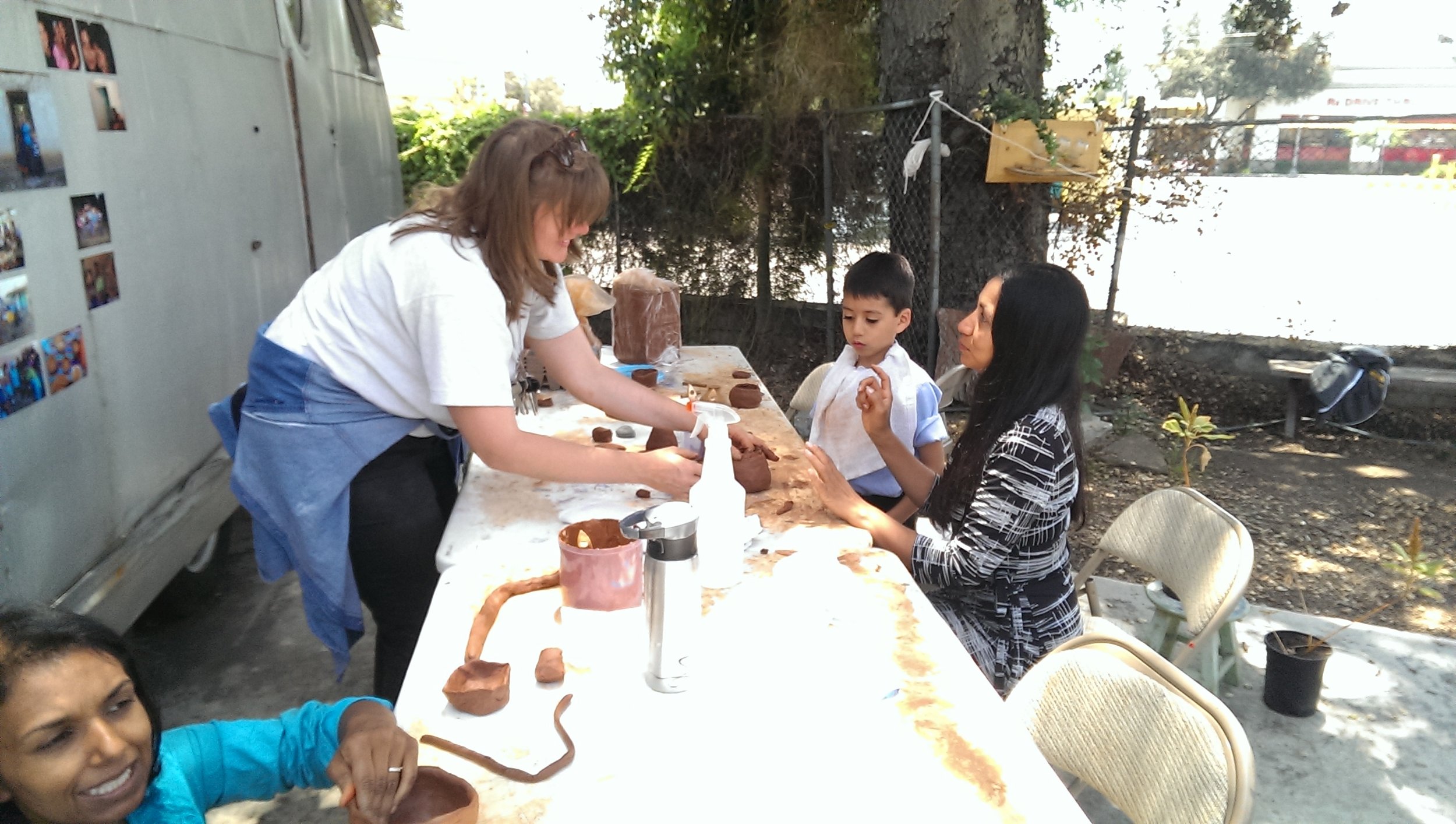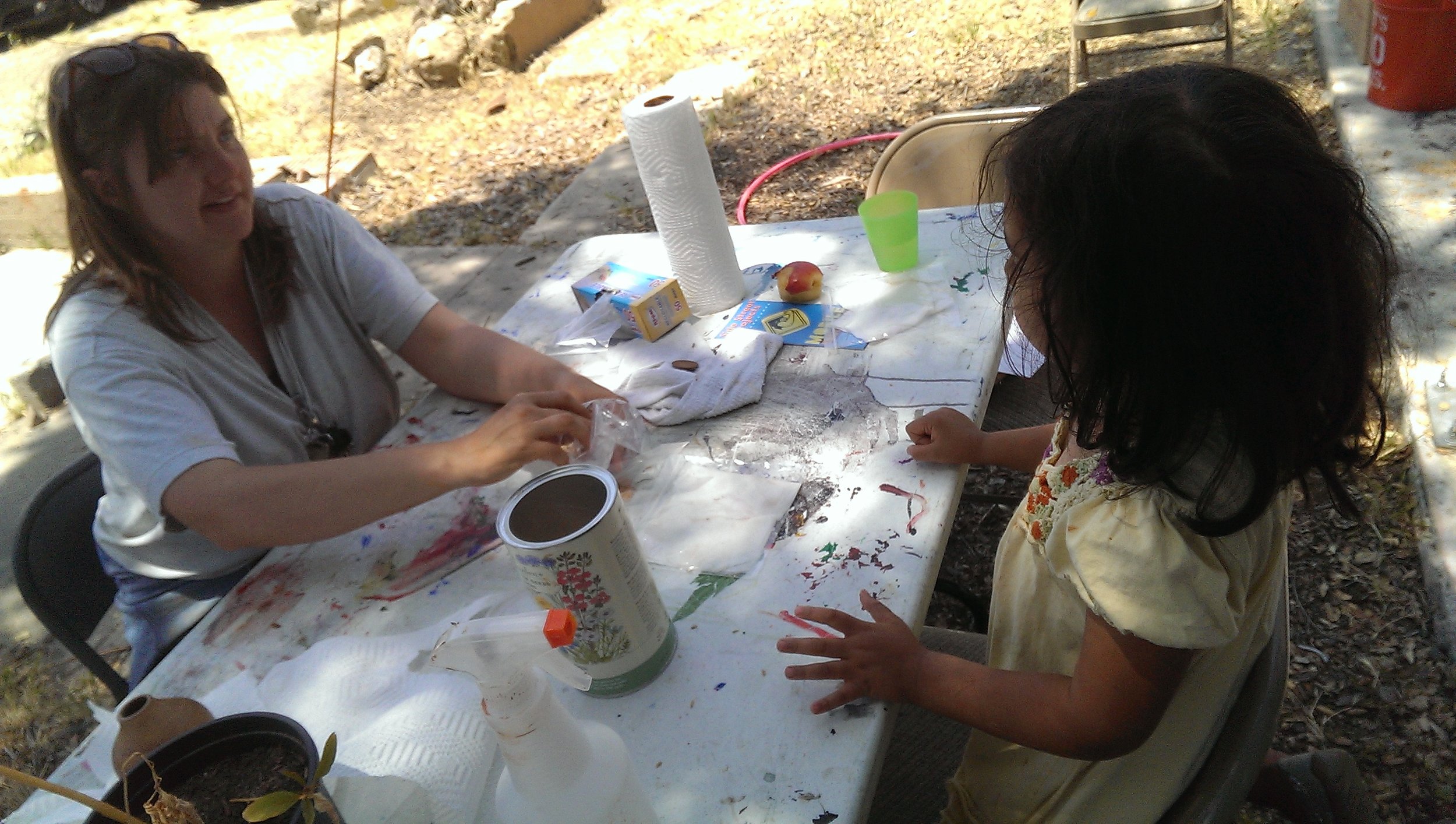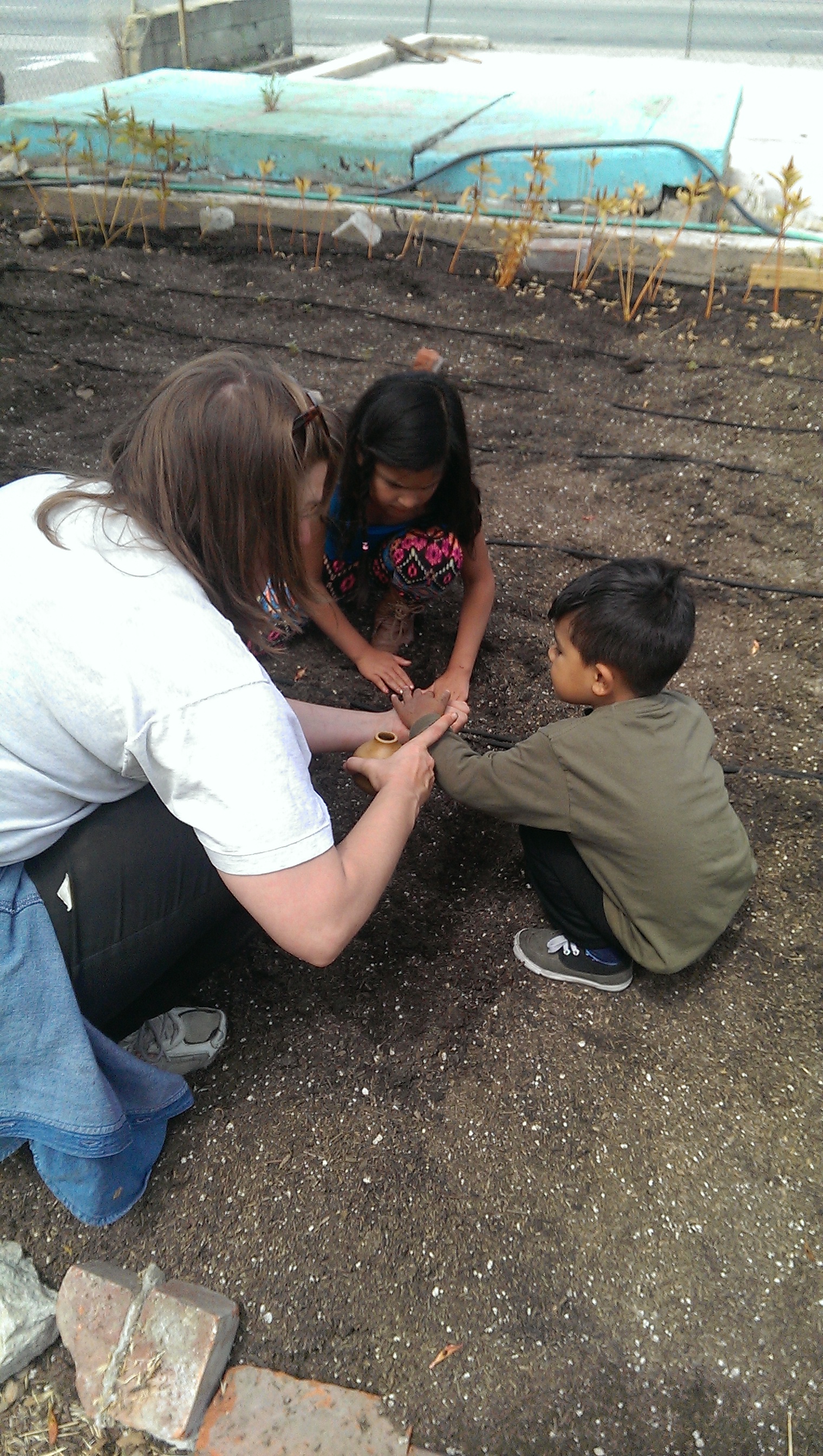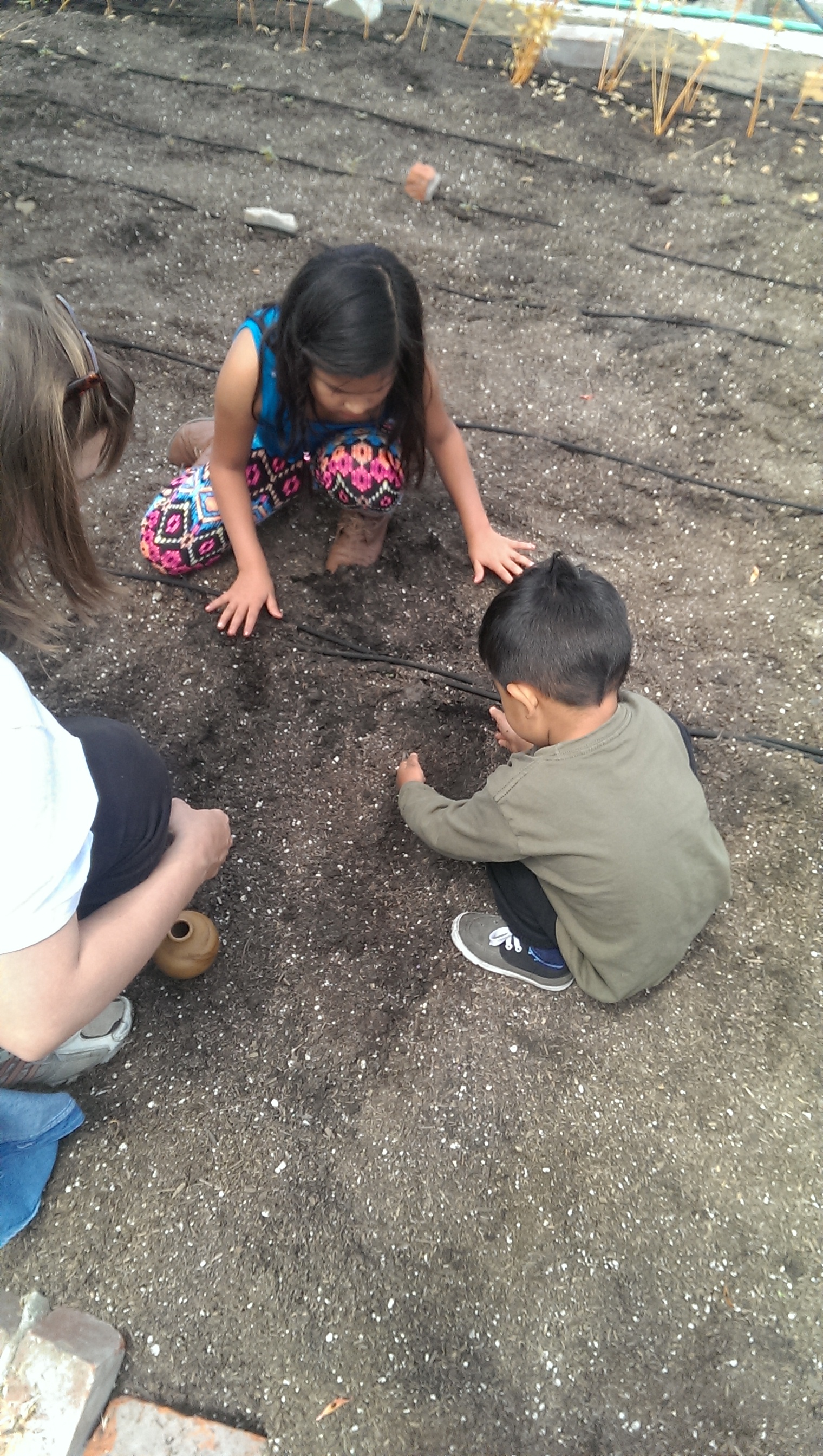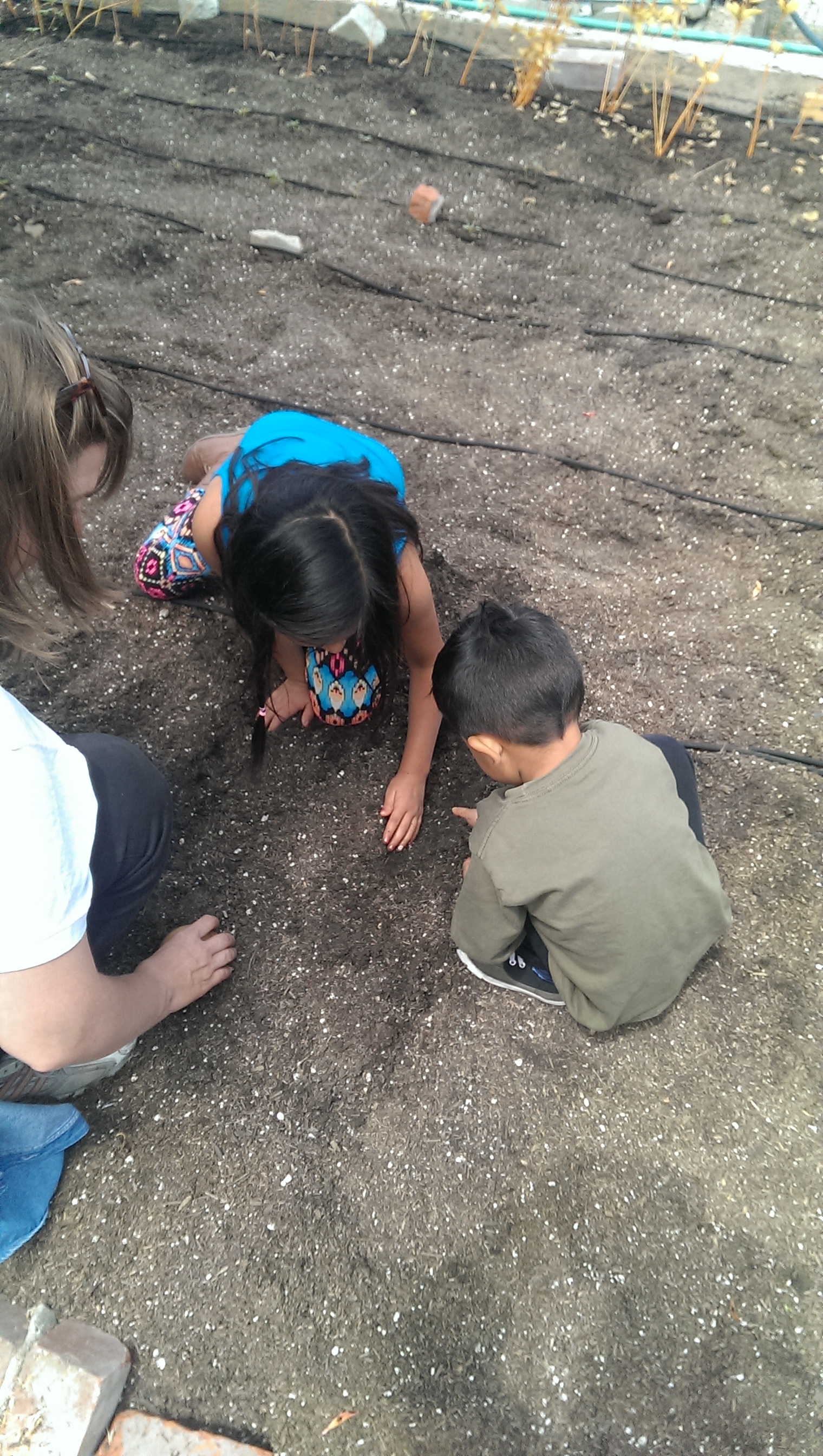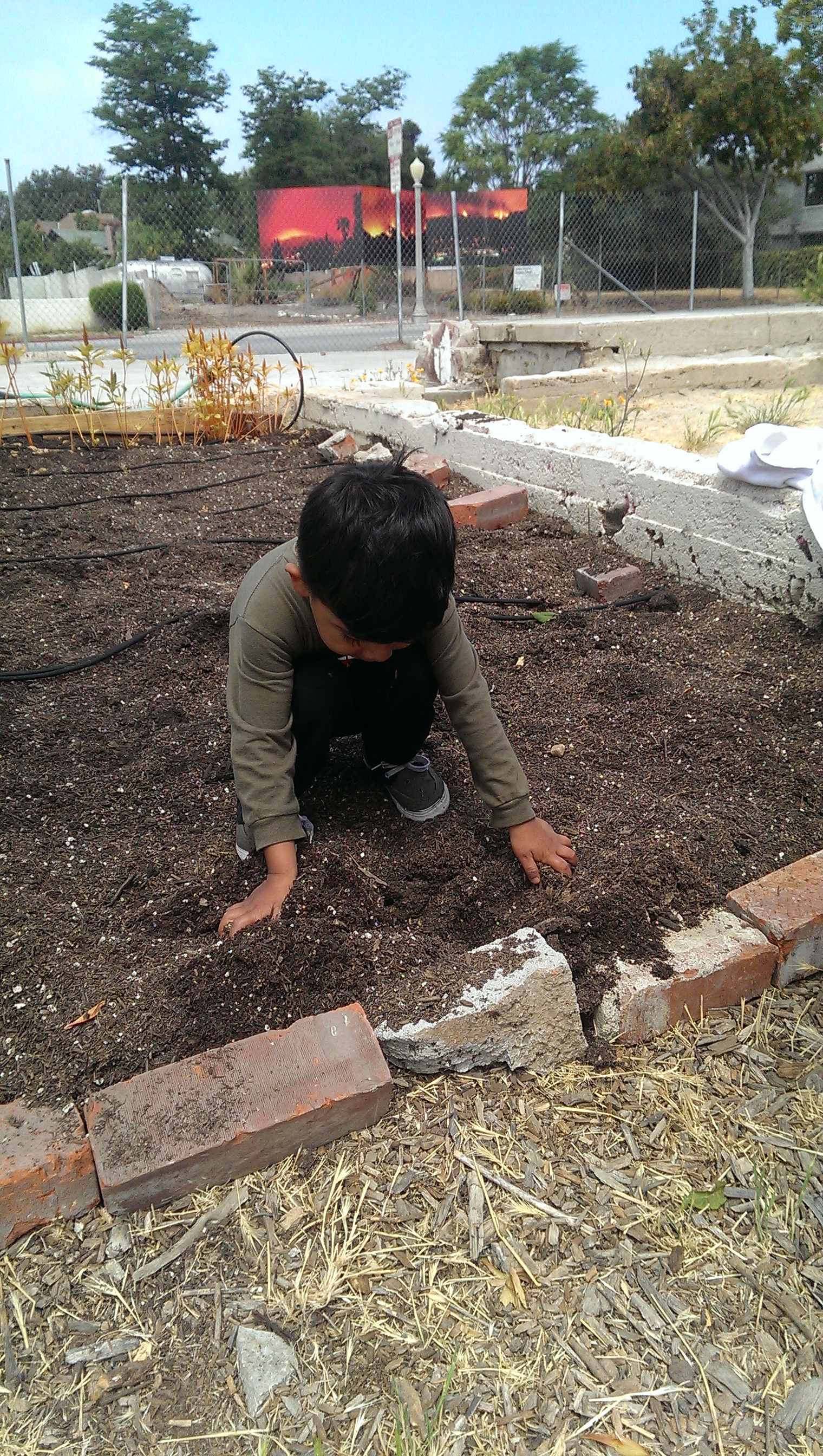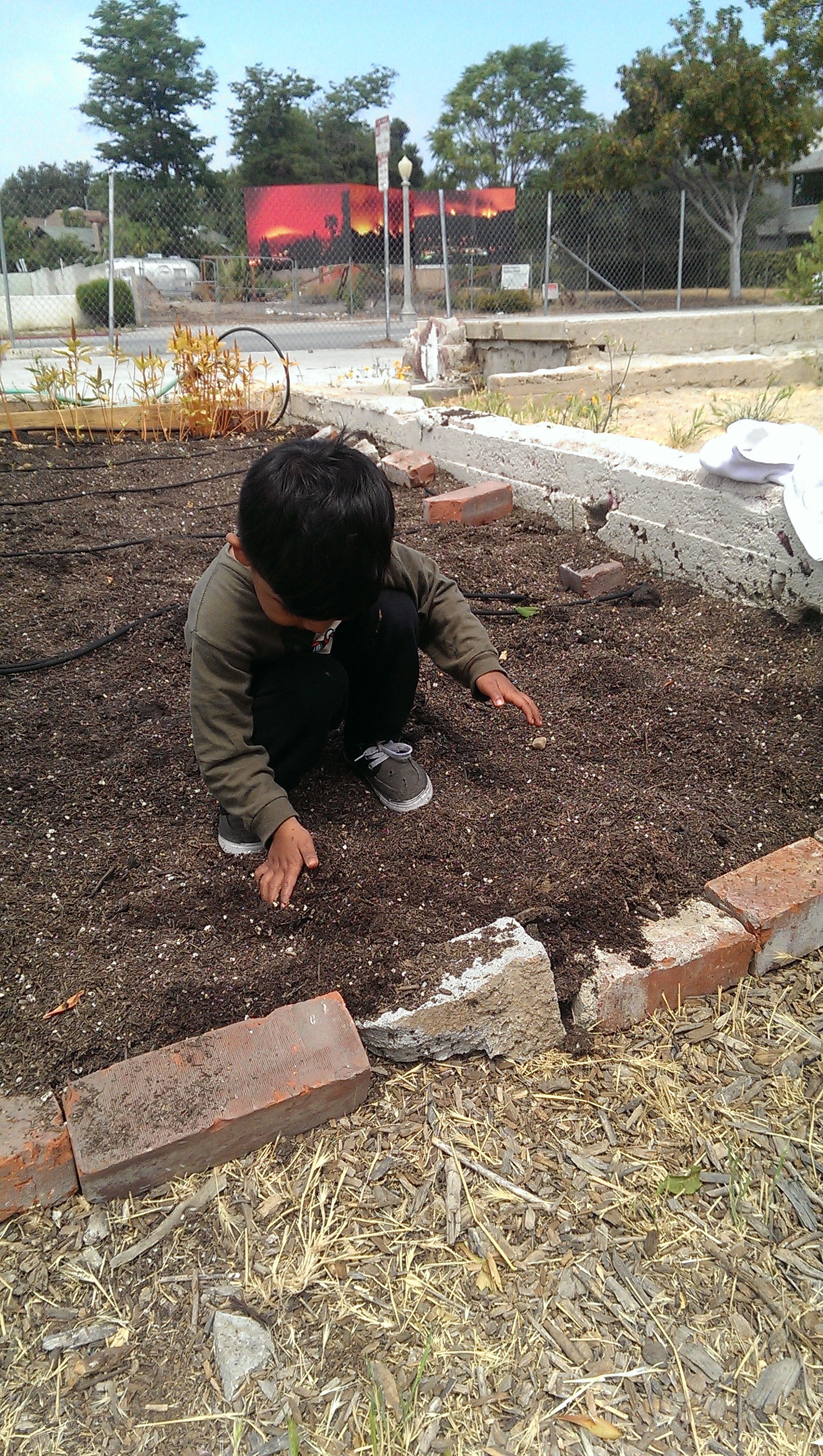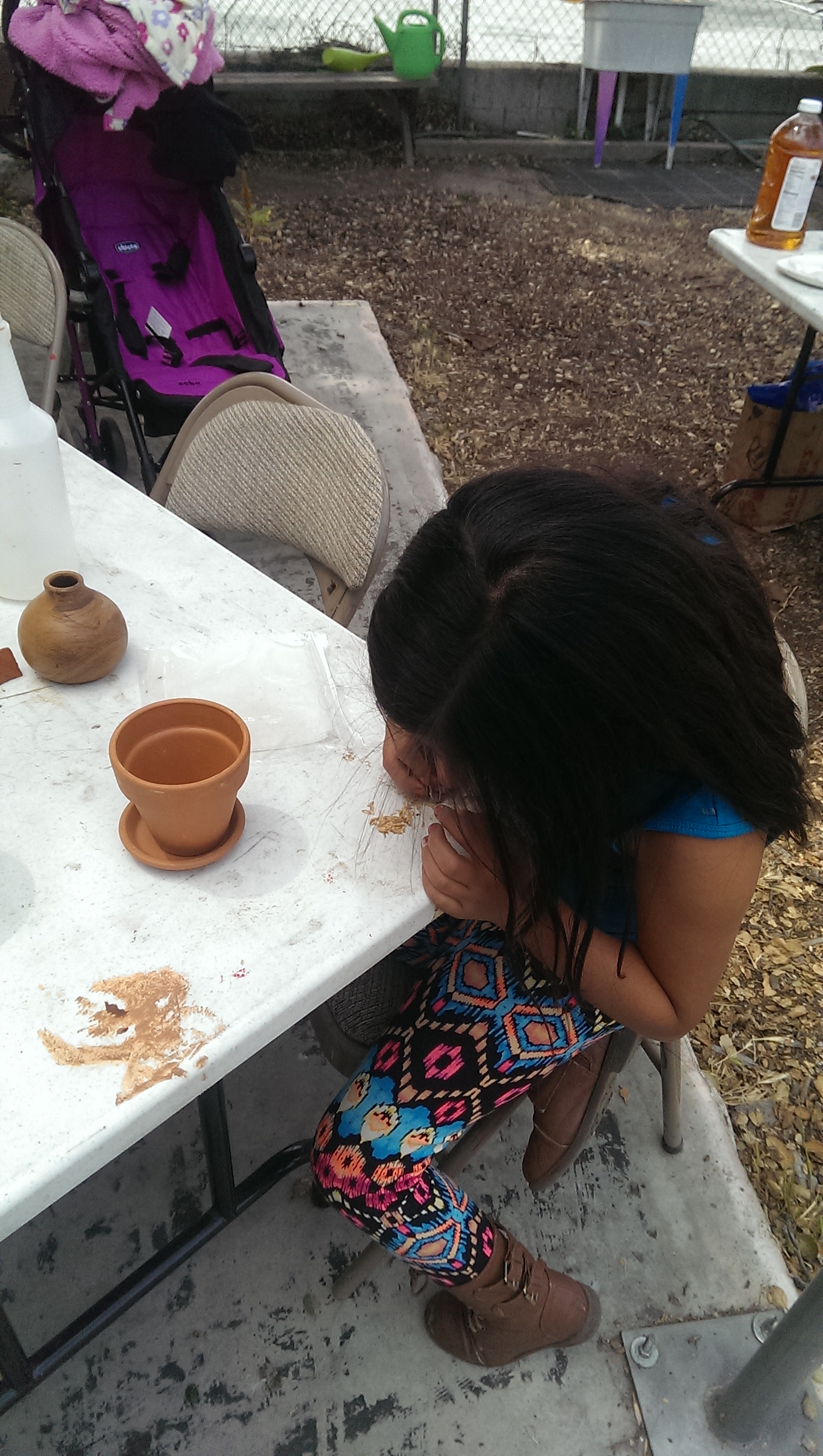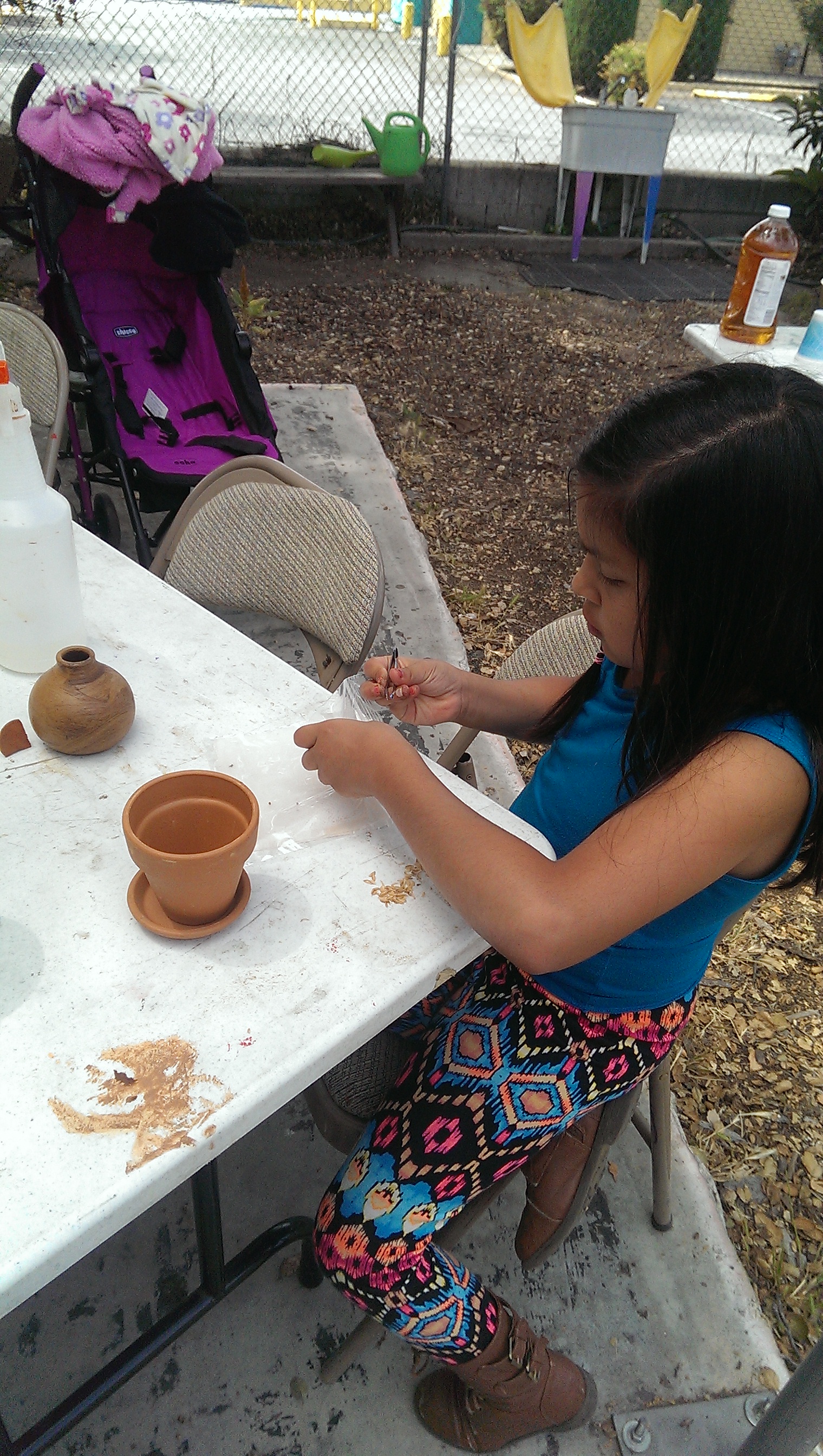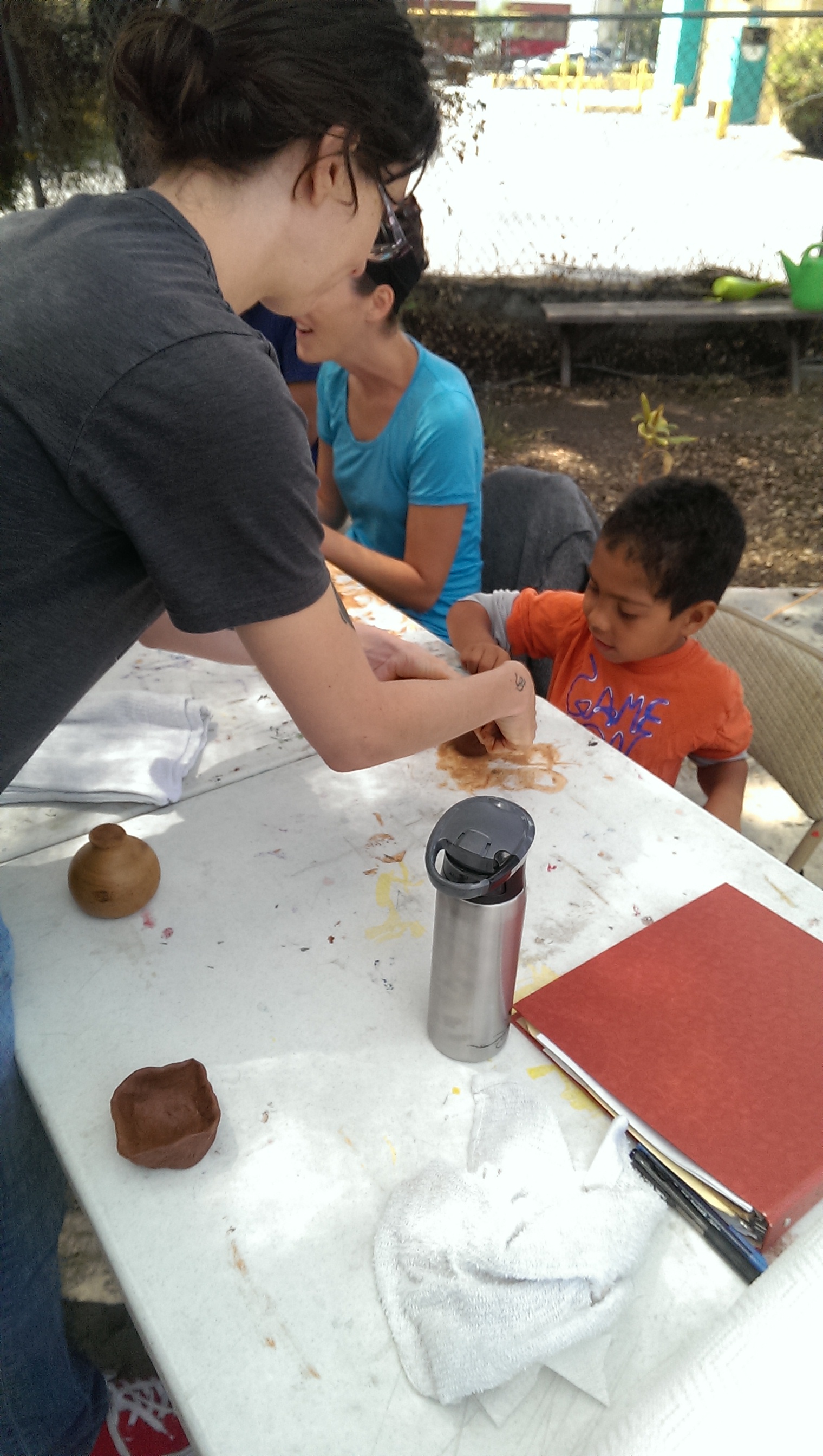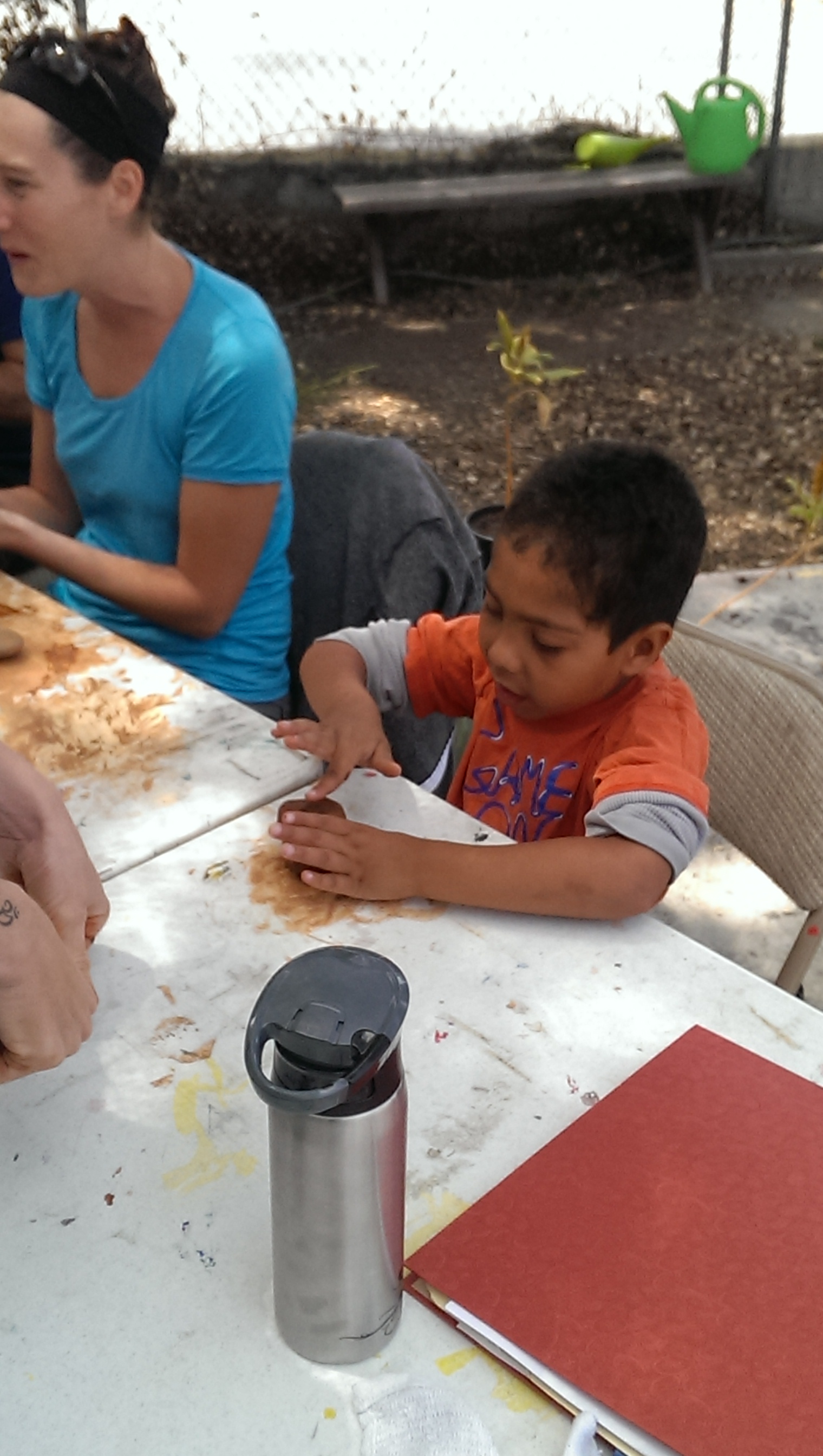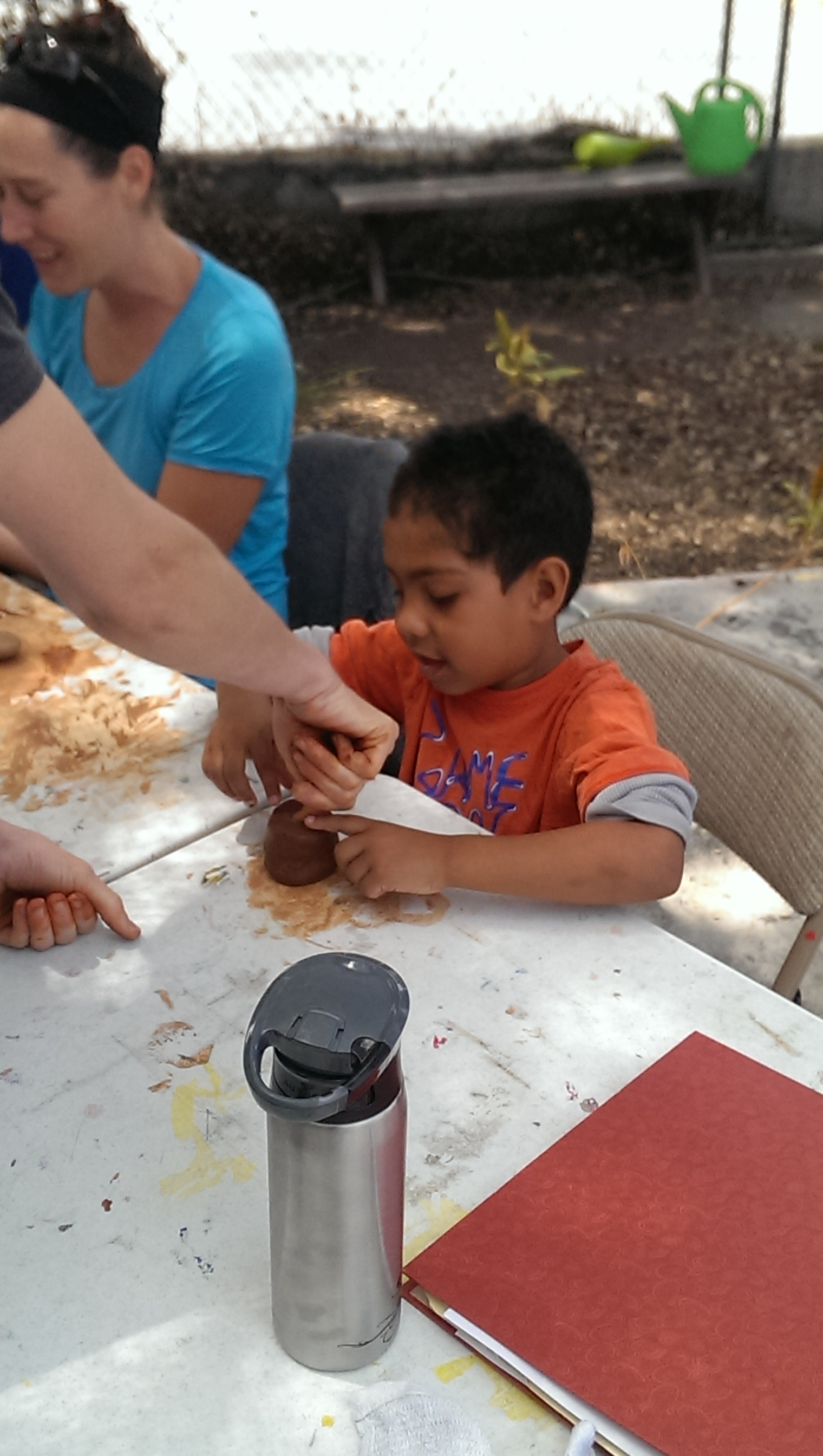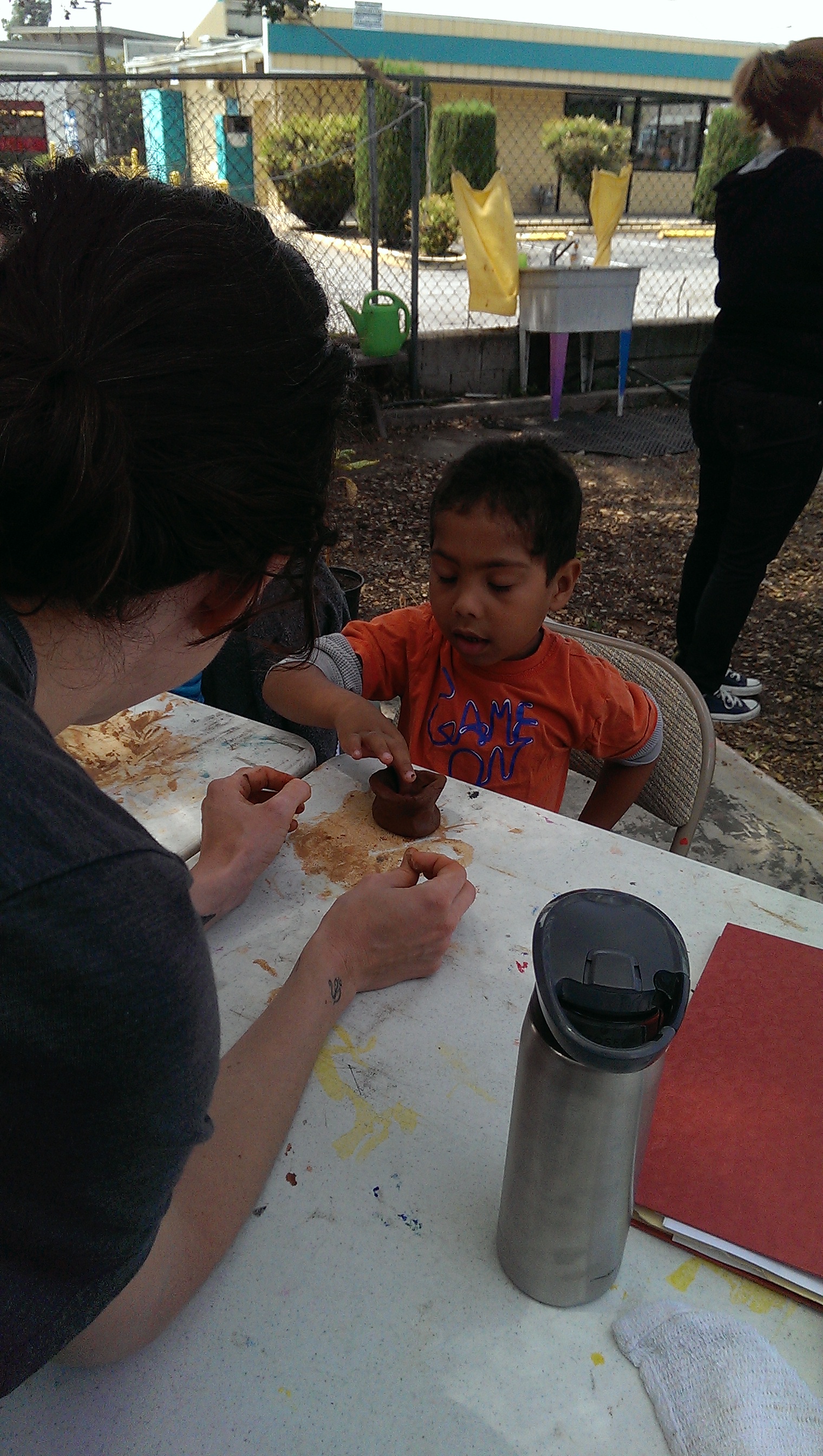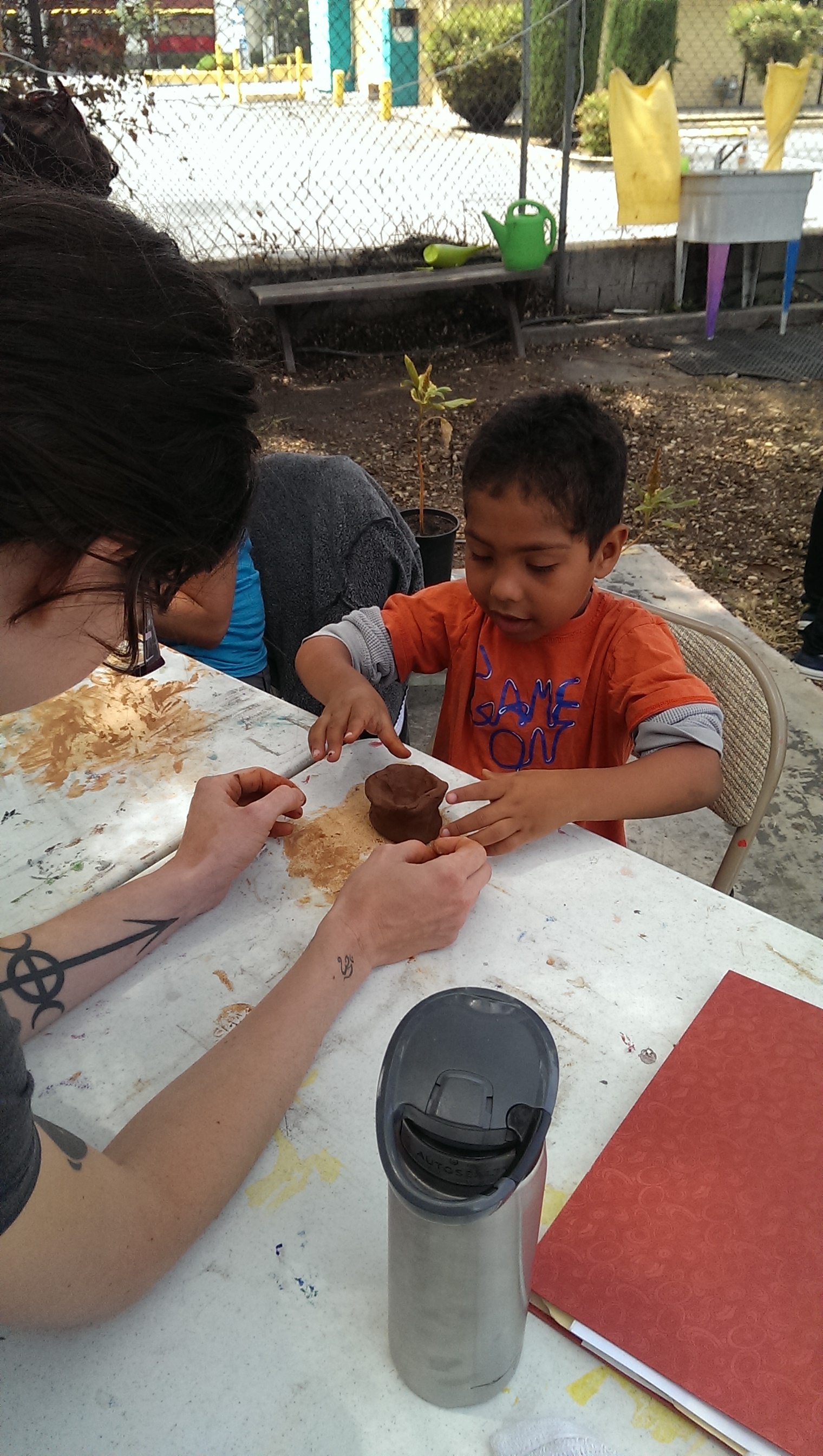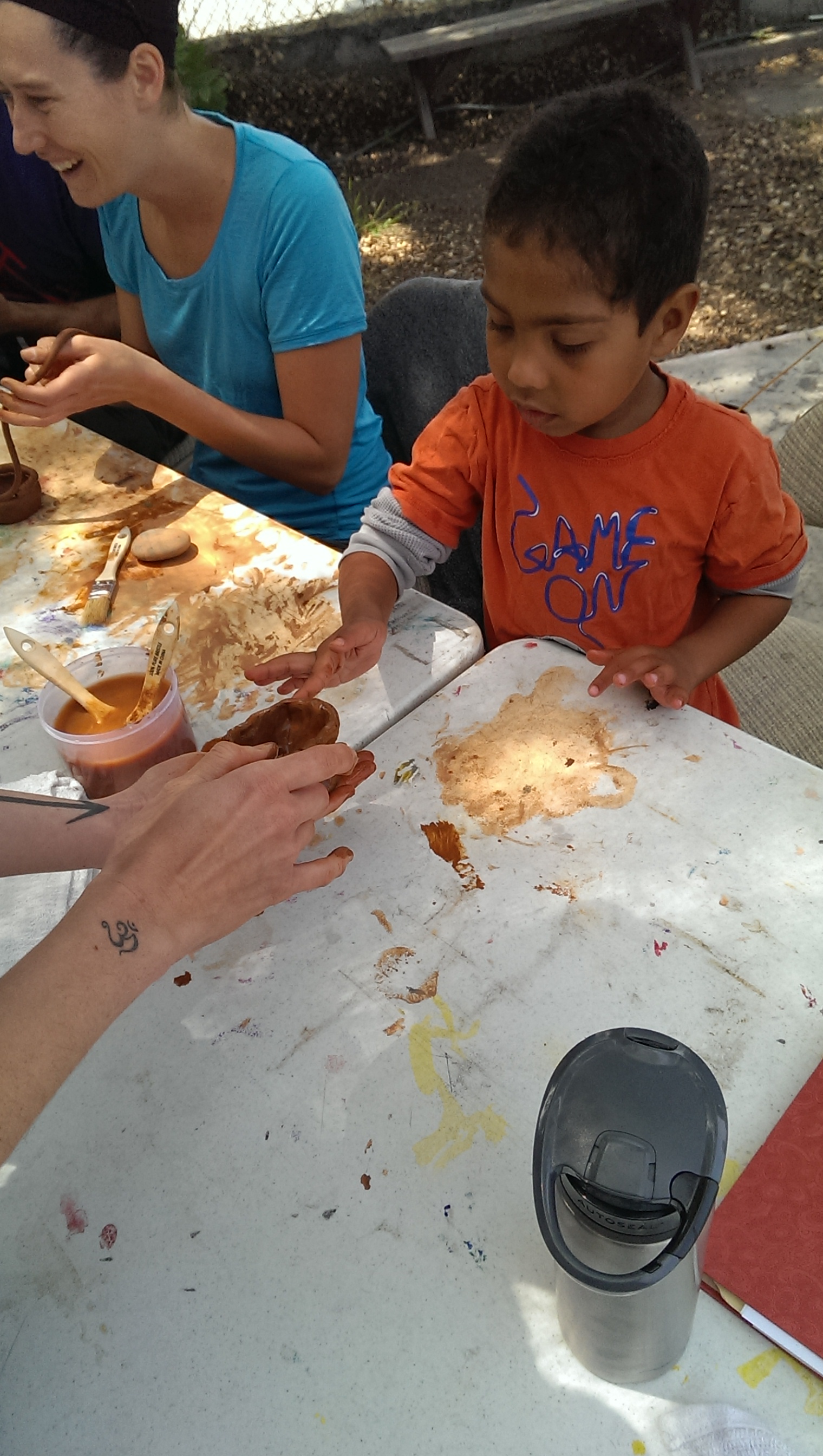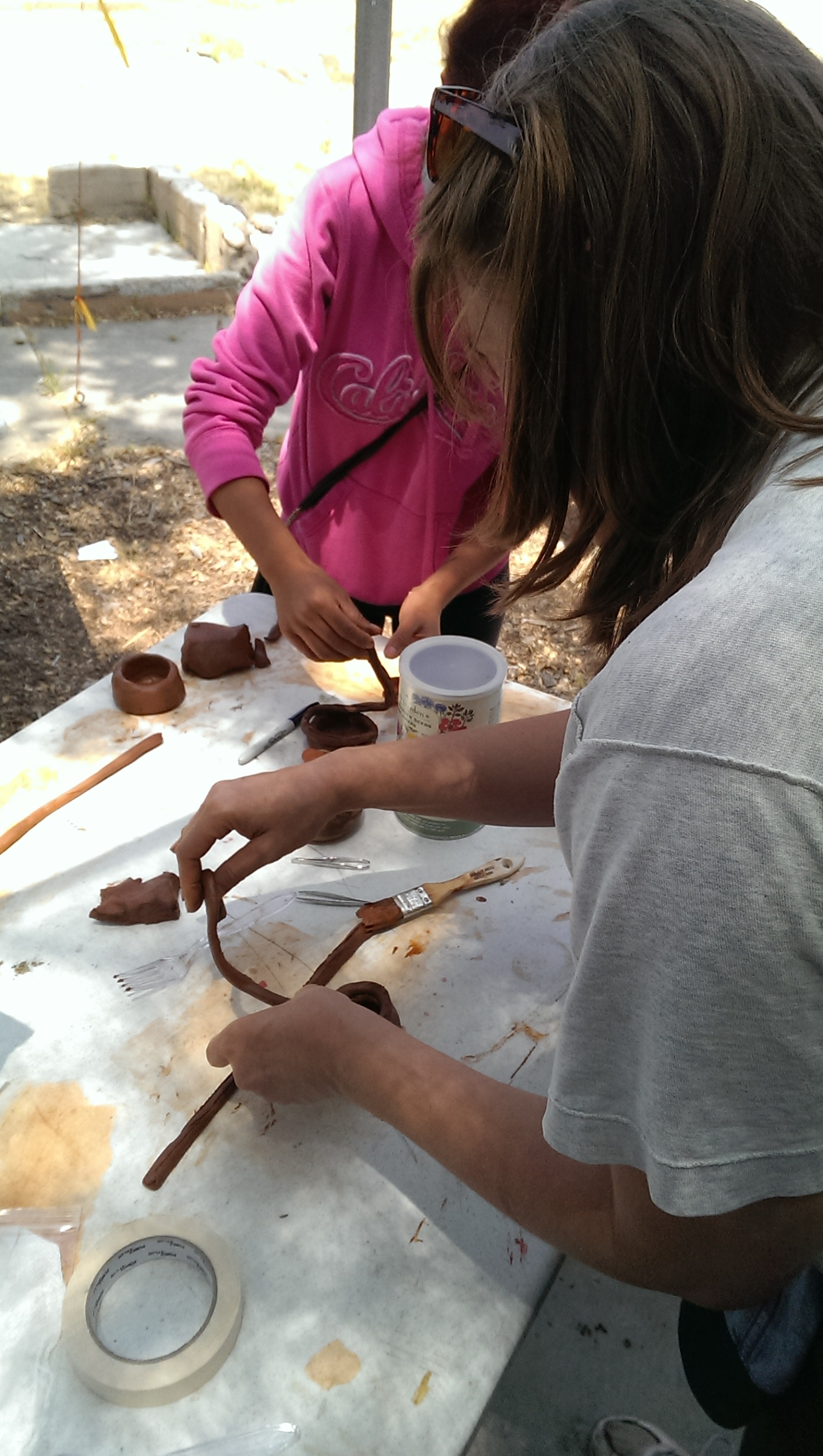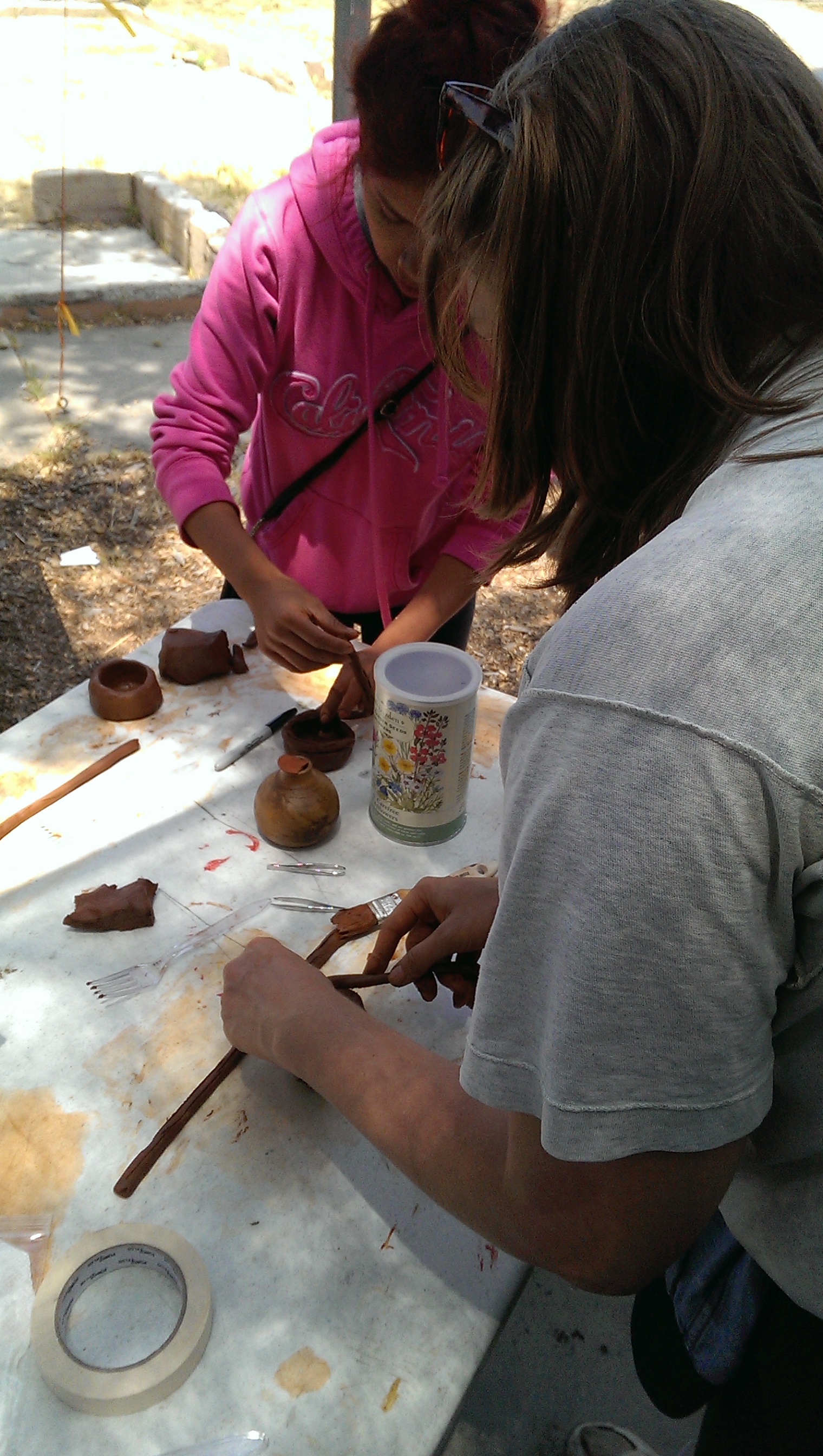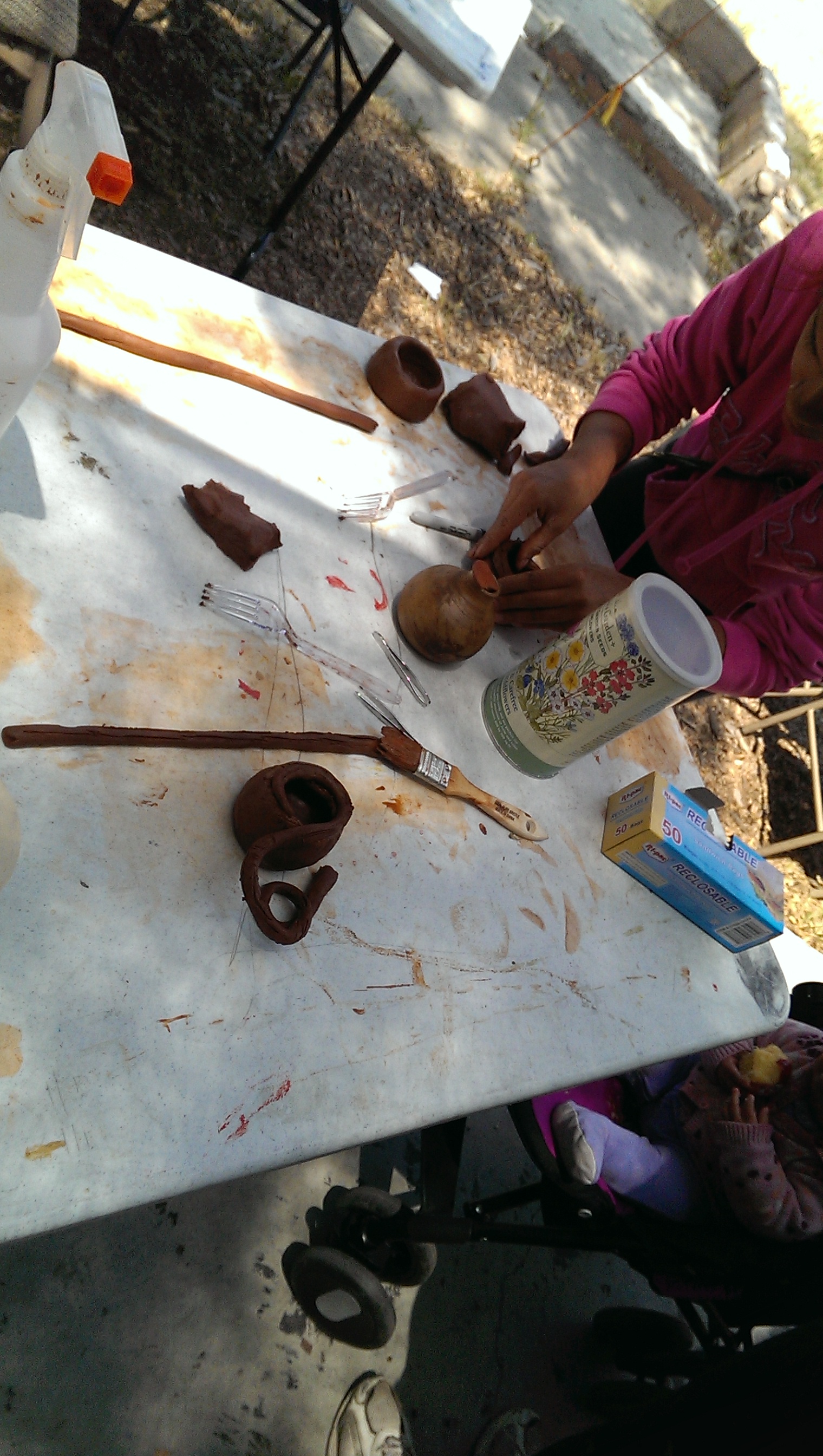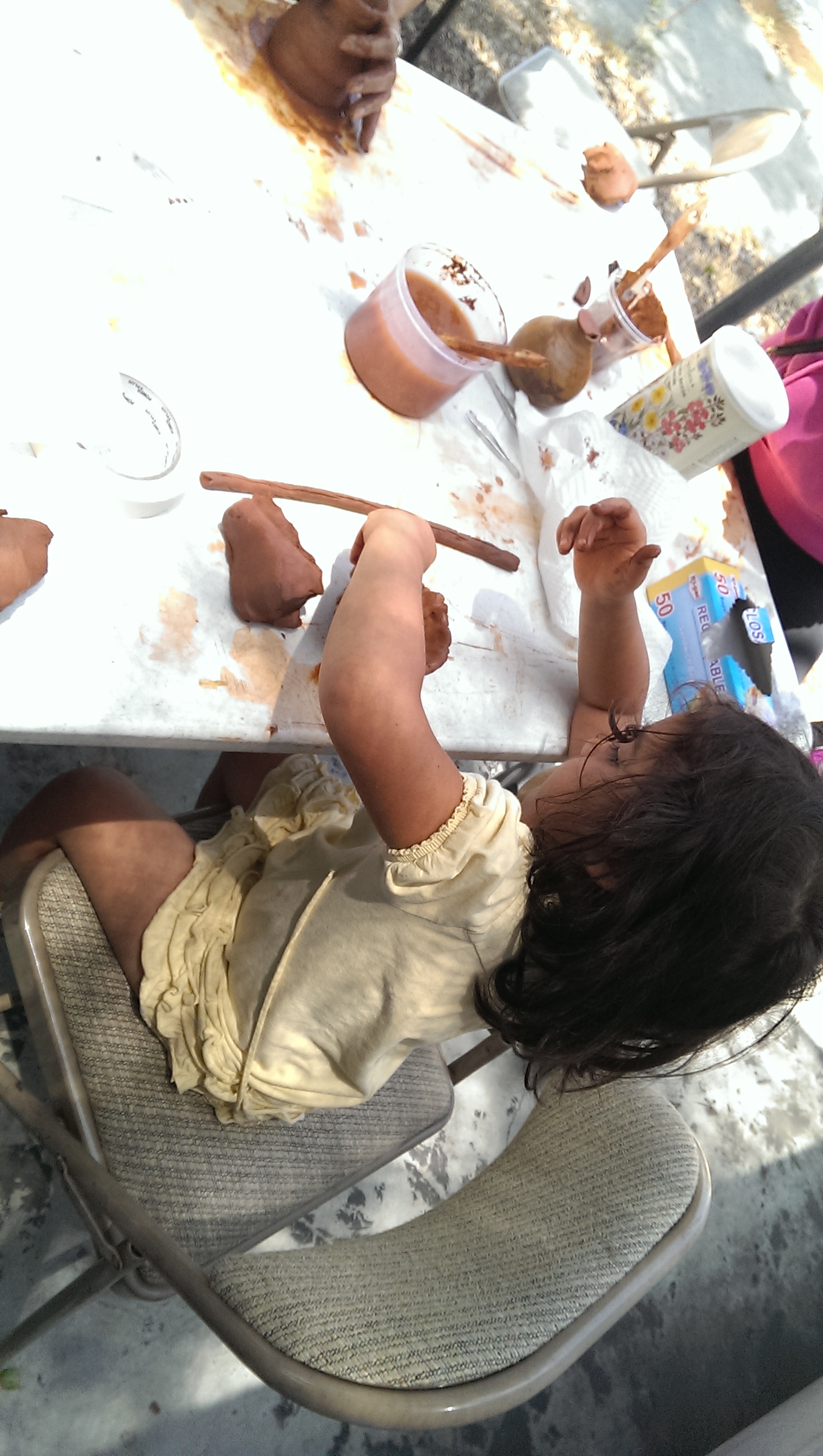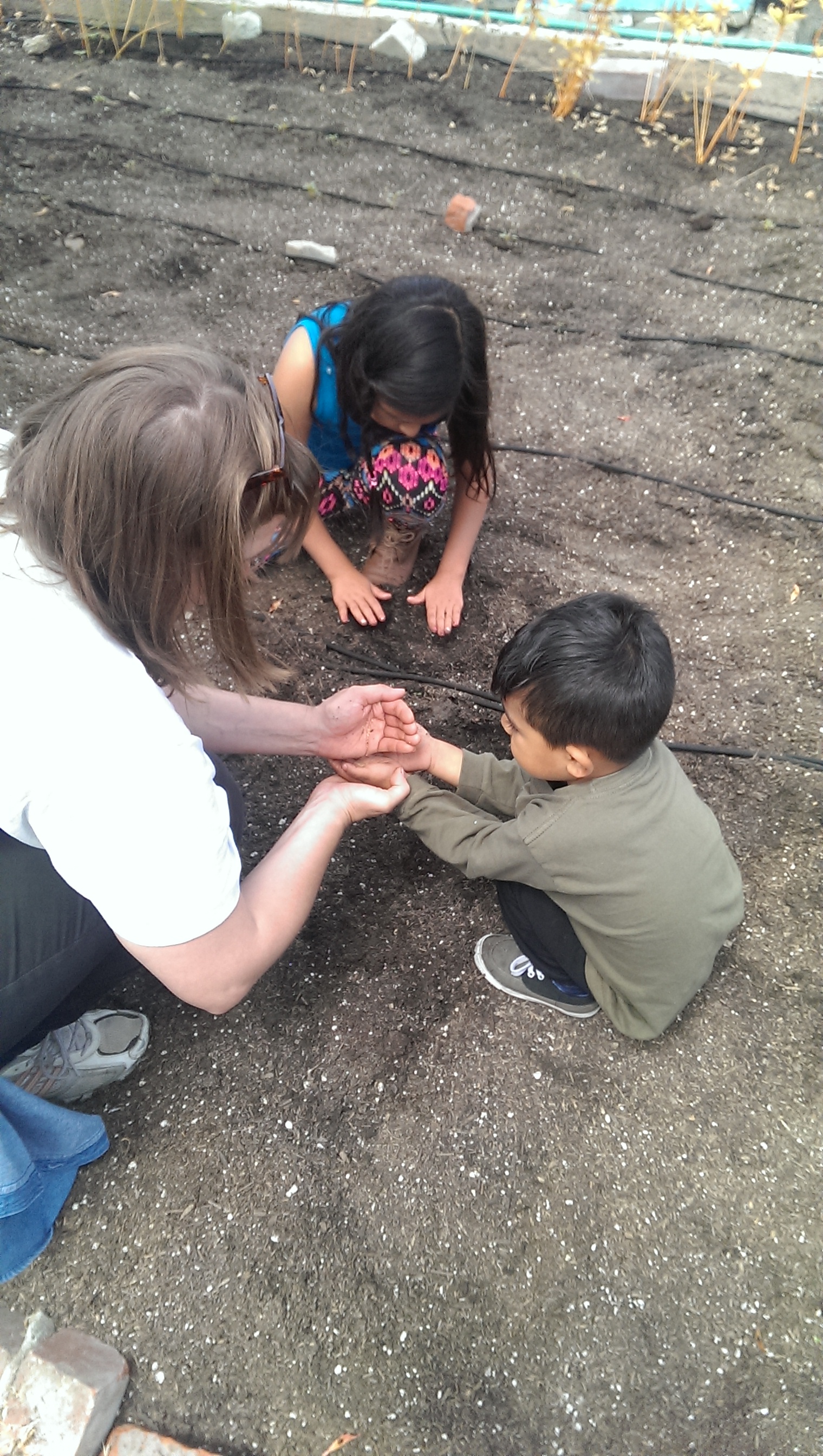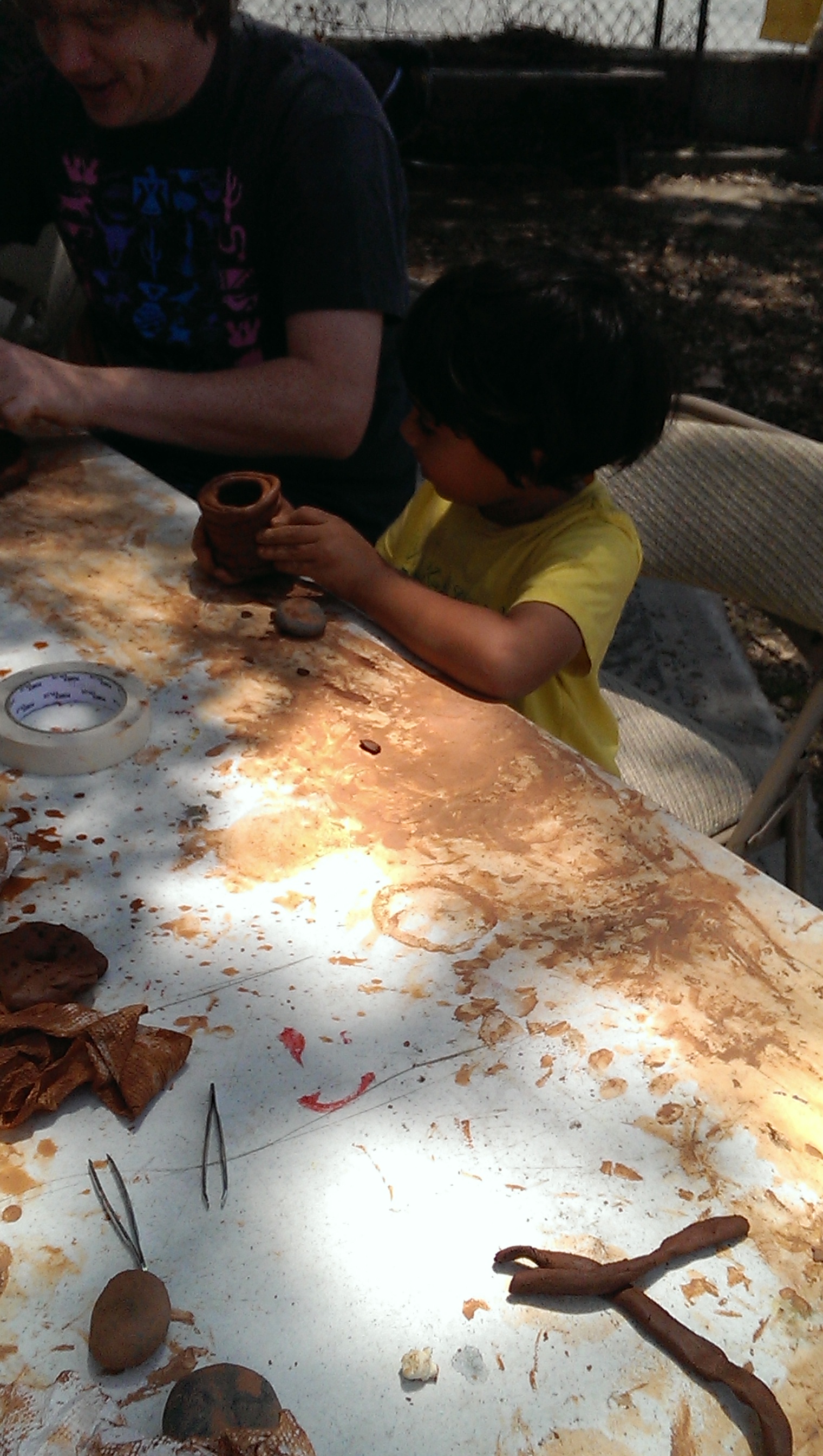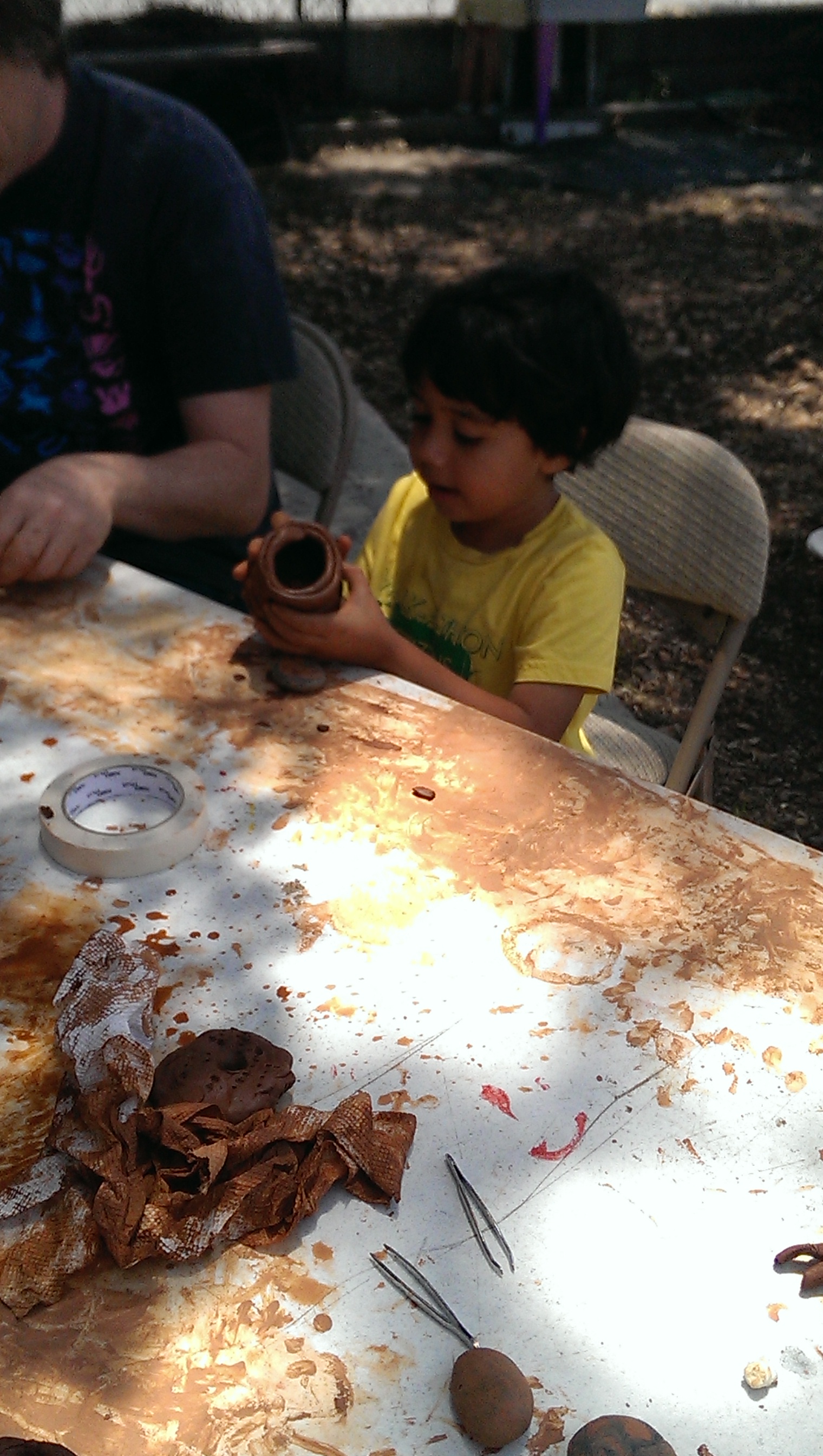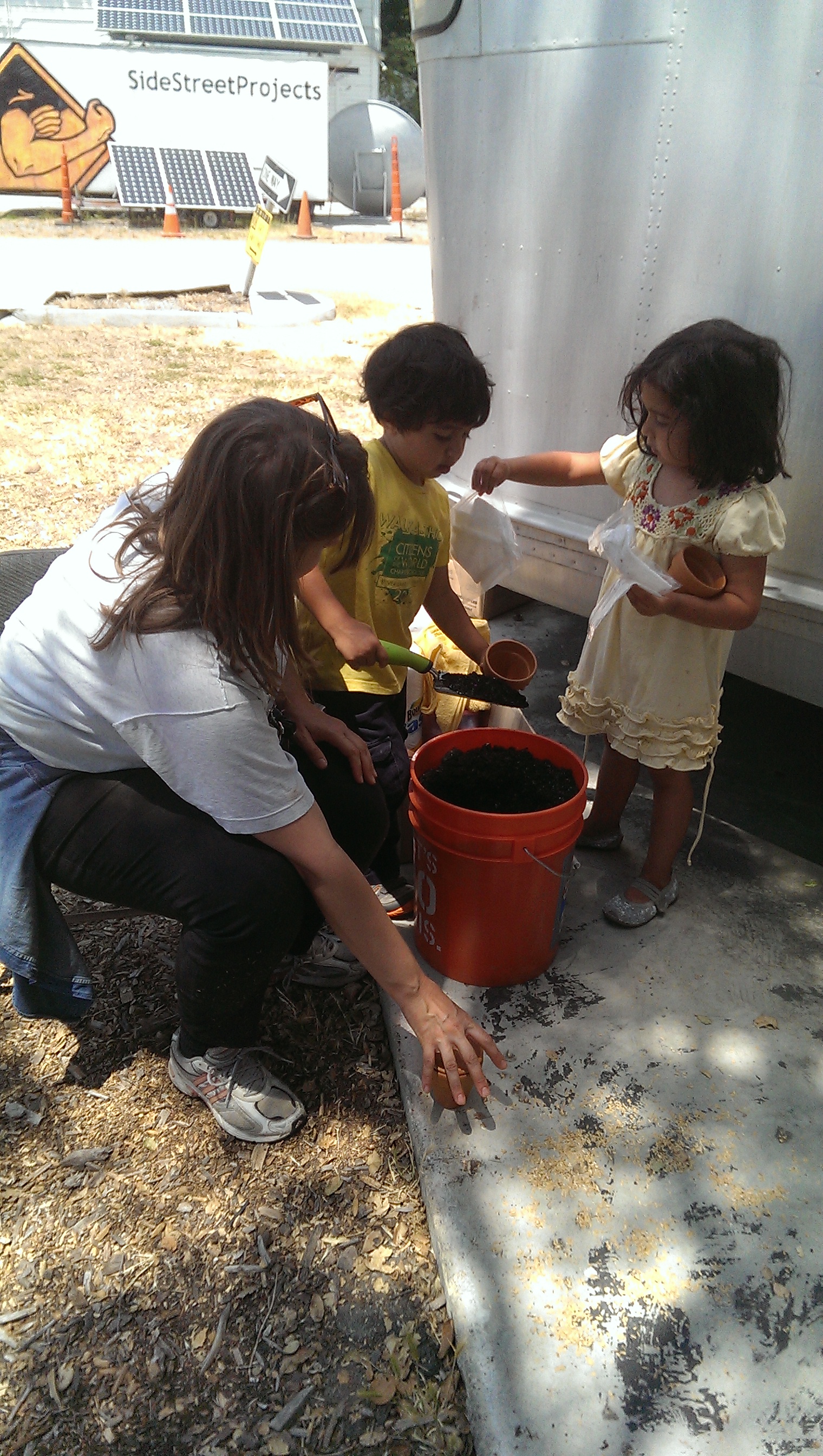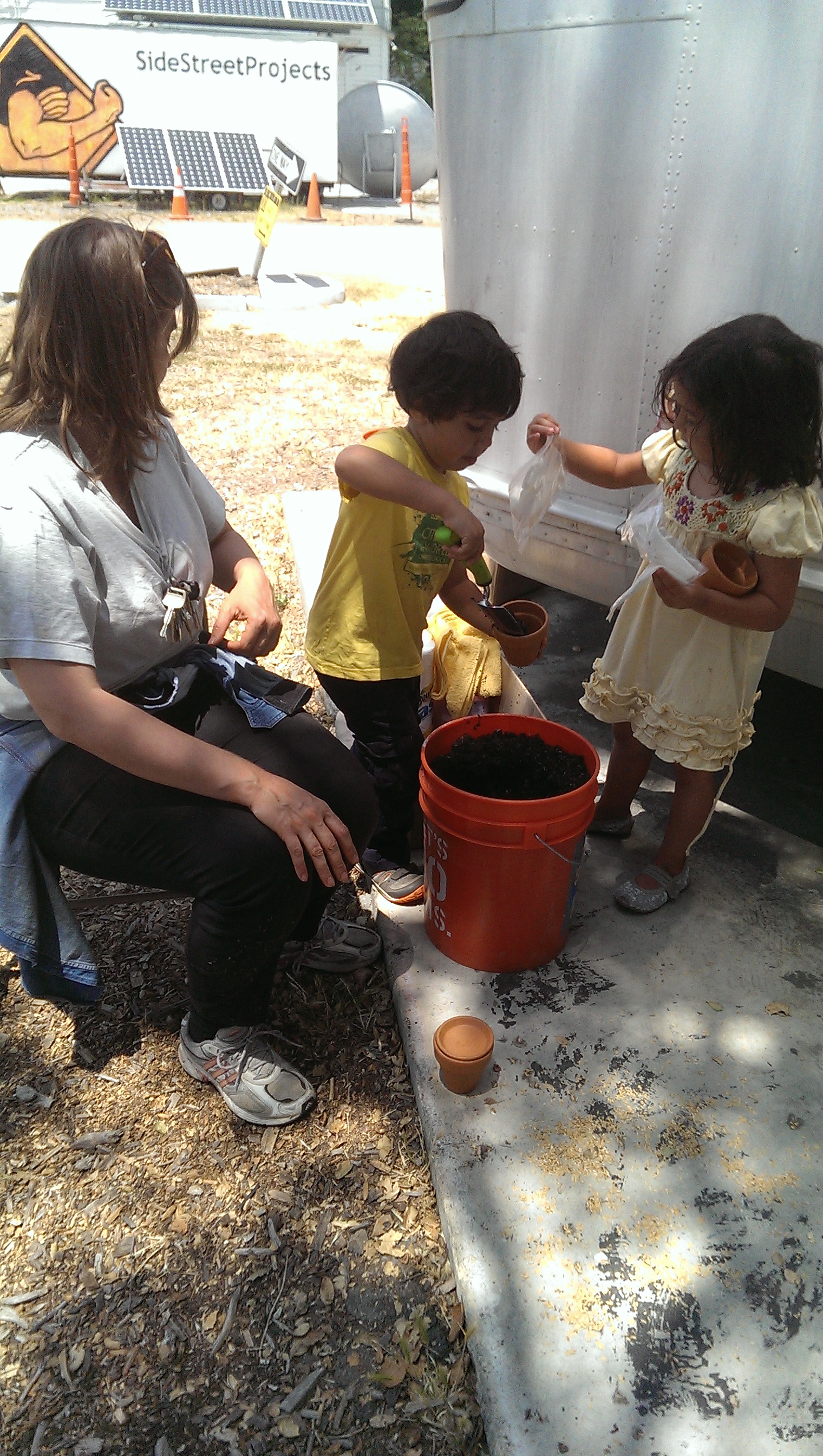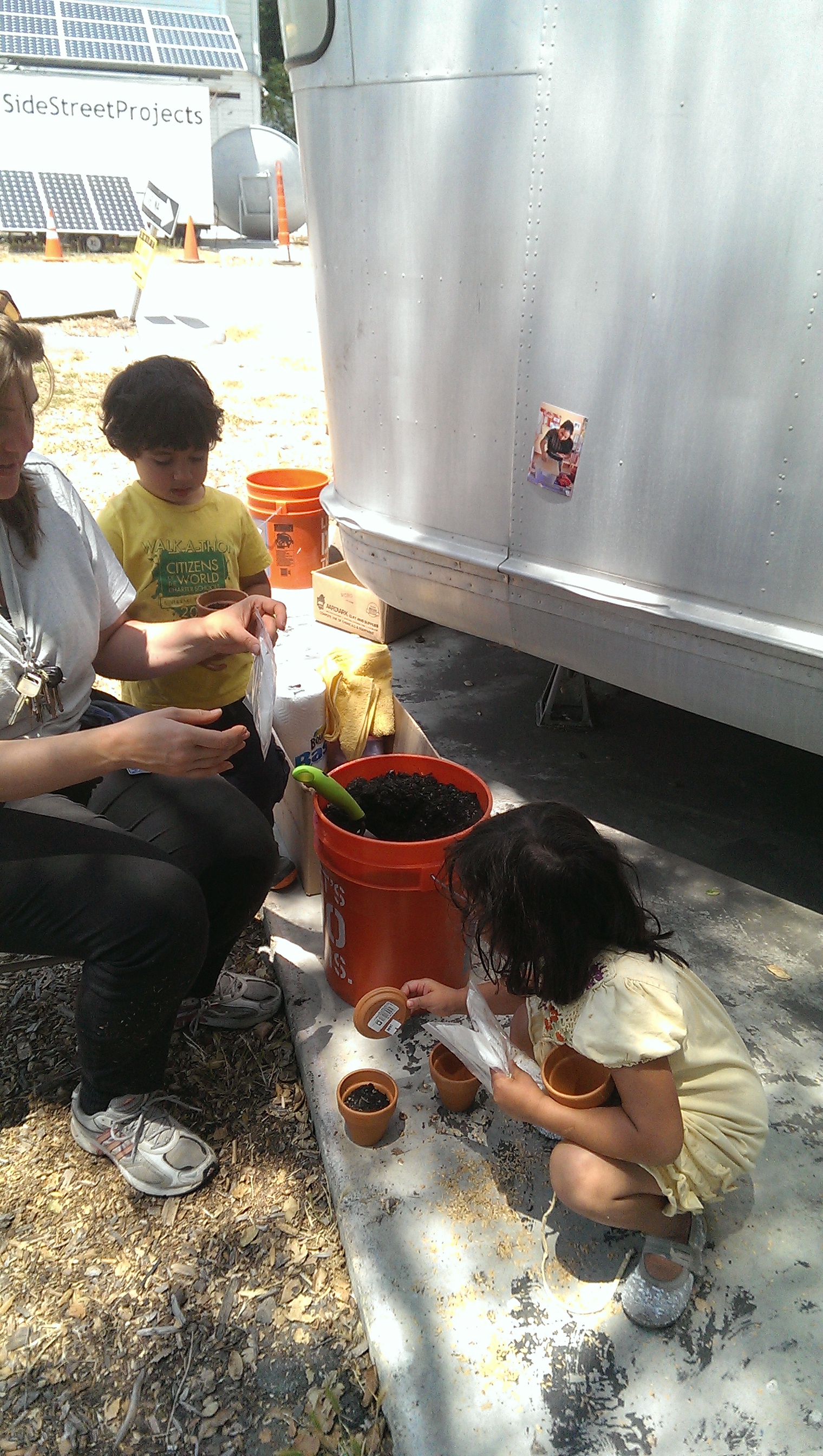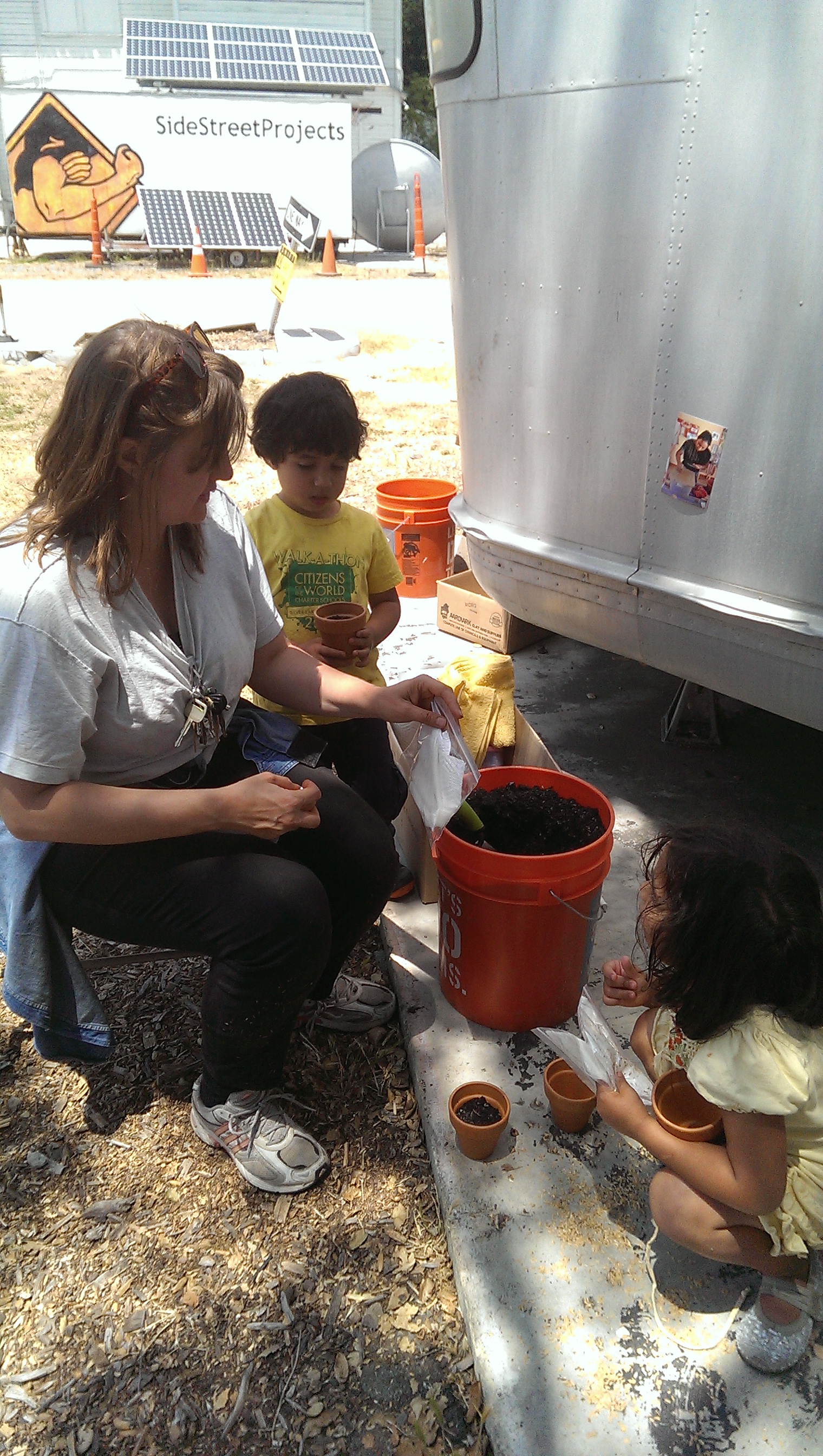Liz Goetz with Qachuu Aloom: Lab’ises, Amaranto, Amaranth
Qachuu Aloom: Lab’ises, Amaranto, Amaranth
Lab’ises, Amaranto, Amaranth, explored seed sharing as a metaphor by which traditional agricultural practices serve not only to feed people but to inspire unexpected social connections. In recent years the problem of food security and food sovereignty have become a common concern for both developing and developed nations. Communities in search of solutions to ecological problems people have reached out to connect with one another to explore forgotten ecologies, and recover traditional folkways. Lab’ises, Amaranto, Amaranth was a social intervention that used the site of the amaranth field to facilitate engagement through co-constructed inquiry-based methods, collaborative dialogues, and hands-on activities. By exploring the history, belief systems, and community structures that surround the seed in the postcolonial, globalizing world, the project drew attention to issues of food sovereignty, labor, and migration. Almost twenty years after the war’s end, the women of Rabinal have forged a new community and economic future with the help of an almost forgotten resource: the amaranth seed, or Ojer Ijaa (ancient seeds). Once a central part of indigenous diet and religion, amaranth was nearly eradicated by Spanish colonizers hostile to native folkways. The highly nutritious staple grain was practically forgotten to Rabinal’s Achi farmers by the time the civil war wiped out their agricultural livelihoods. Now with the help of Qachuu Aloom Farmer’s Association, a Maya-run organization in rural Guatemala, the women of Rabinal have established new community ties. By growing amaranth, seed-banking, and producing products made from amaranth. Side Street Project was pleased to announce a visit from Rosalia Asig director, Maria Magdalena co-founder, Cristobal Osorio Sanchez co-founder and Maria Aurelia Xitumul members of Qachuu Aloom Farmer’s Association, a local Maya-run organization from Rabinal, Guatemala on September 6th, 2014.
Public Events:
June 7 – Coil Clay pot & Amaranth field Planting Workshop 11-1
June 21 – Story Telling & Seed Saving Workshop 11-1
Sept 6th – Closing Event 4-8
Amaranth Seed Workshops Given by Qachuu Aloom members, community dinner and screening of video Lab’ises, Amaranto, Amaranth.
Participating organizations:
Qachuu Aloom Farmer’s Association, a local Maya-run organization from Rabinal, Guatemala
The Gardens Edge, a 501c3 works with farmers in Guatemala, to rebuild the social fabric and agricultural traditions after Guatemalas 36 year long civil war. gardensedge.org
This Project was made possible through a grant from the University of California Institute for Research in the Arts and a Medici Scholarship.
BIO
Liz Goetz concerns the phenomenology of immersion: how individuals experience, narrate, and react within our real and imagined environments. Employing peripatetic strategies, projects are generated and located within a specific landscape, architecture, or community. Personal and collective histories, folk stories, myths, and oral histories are used to explore relationships with political, economic, and social systems. Shared natural resources, labor, and capital and our connection to place is present in the work.
